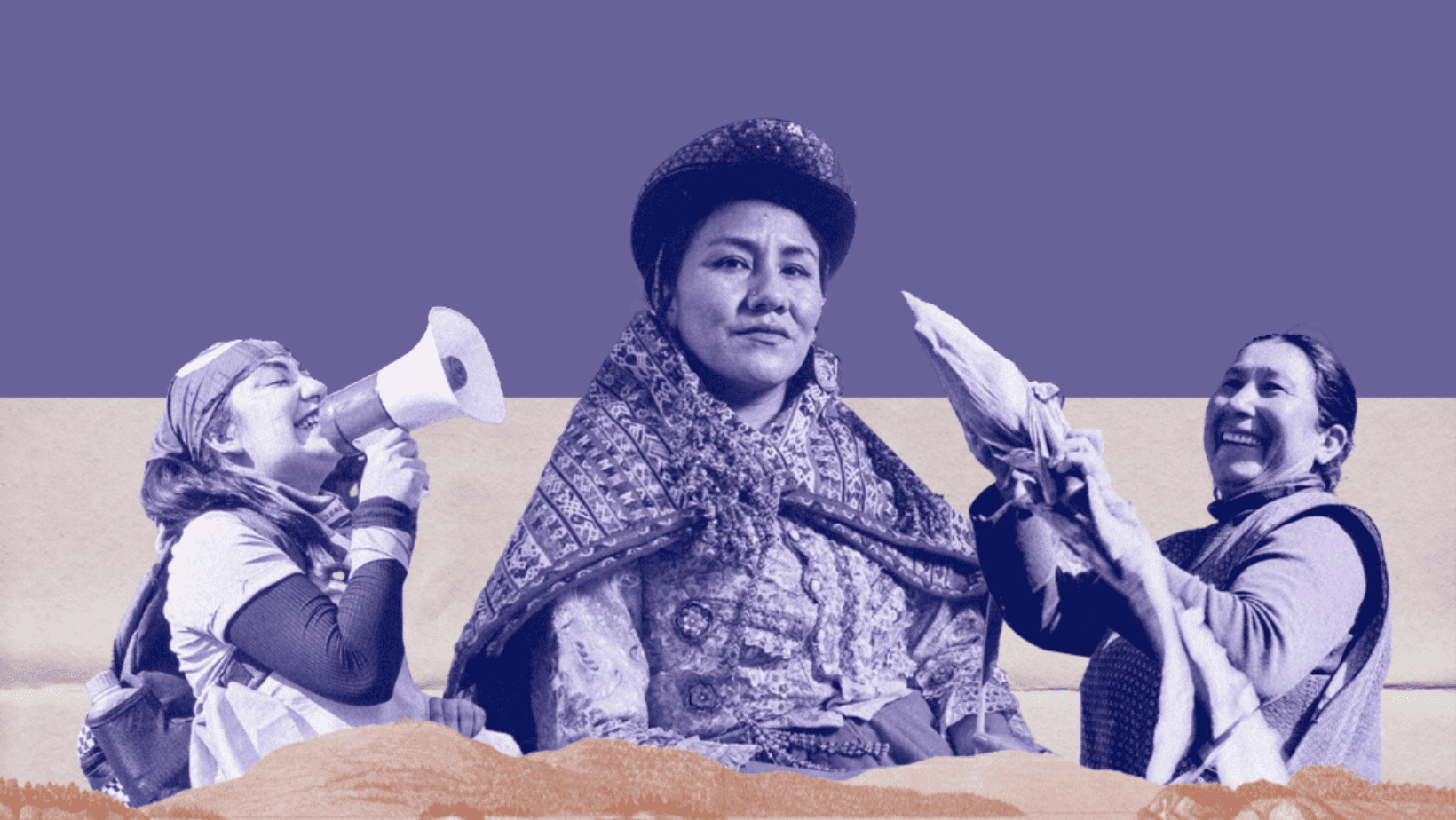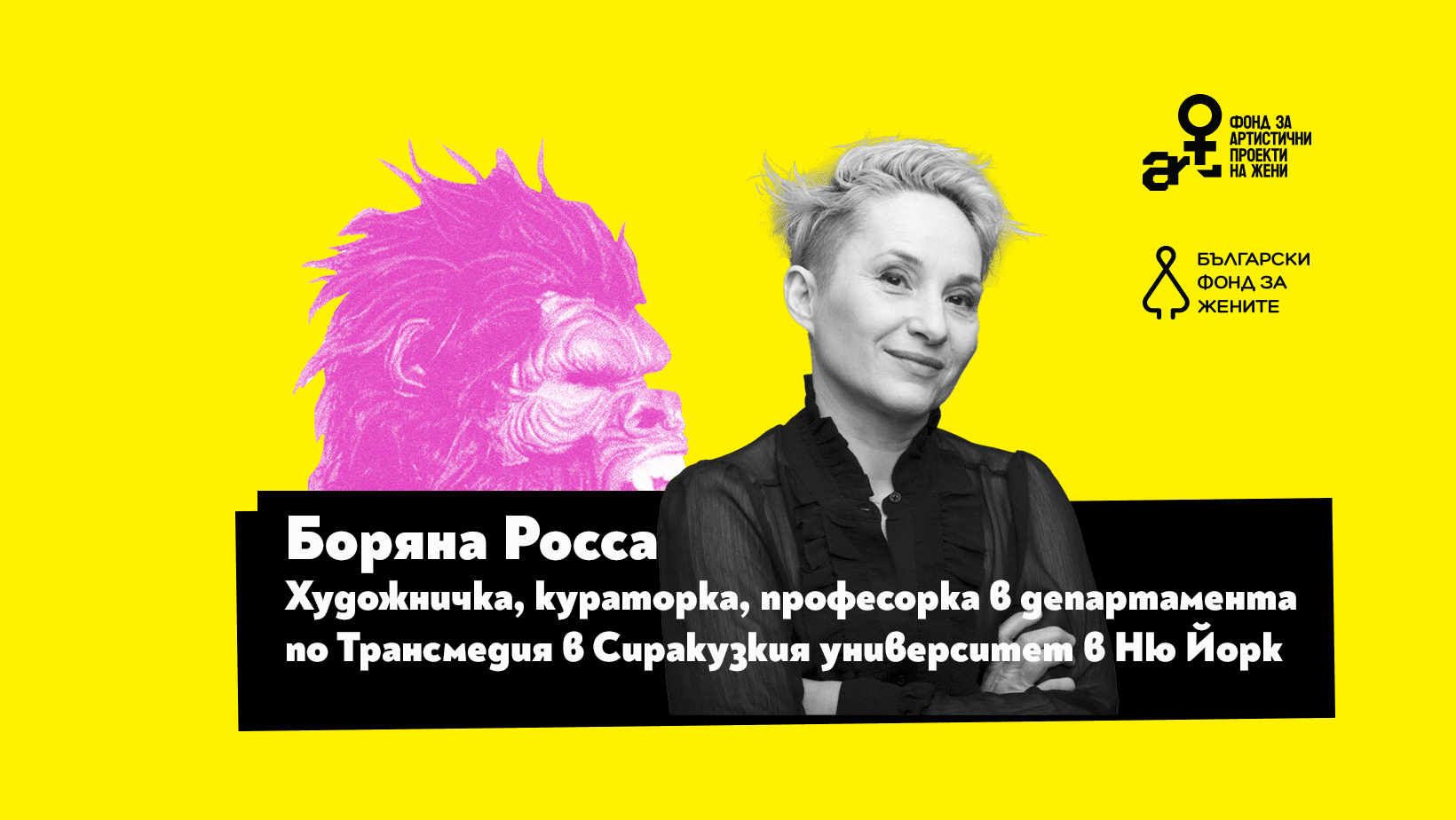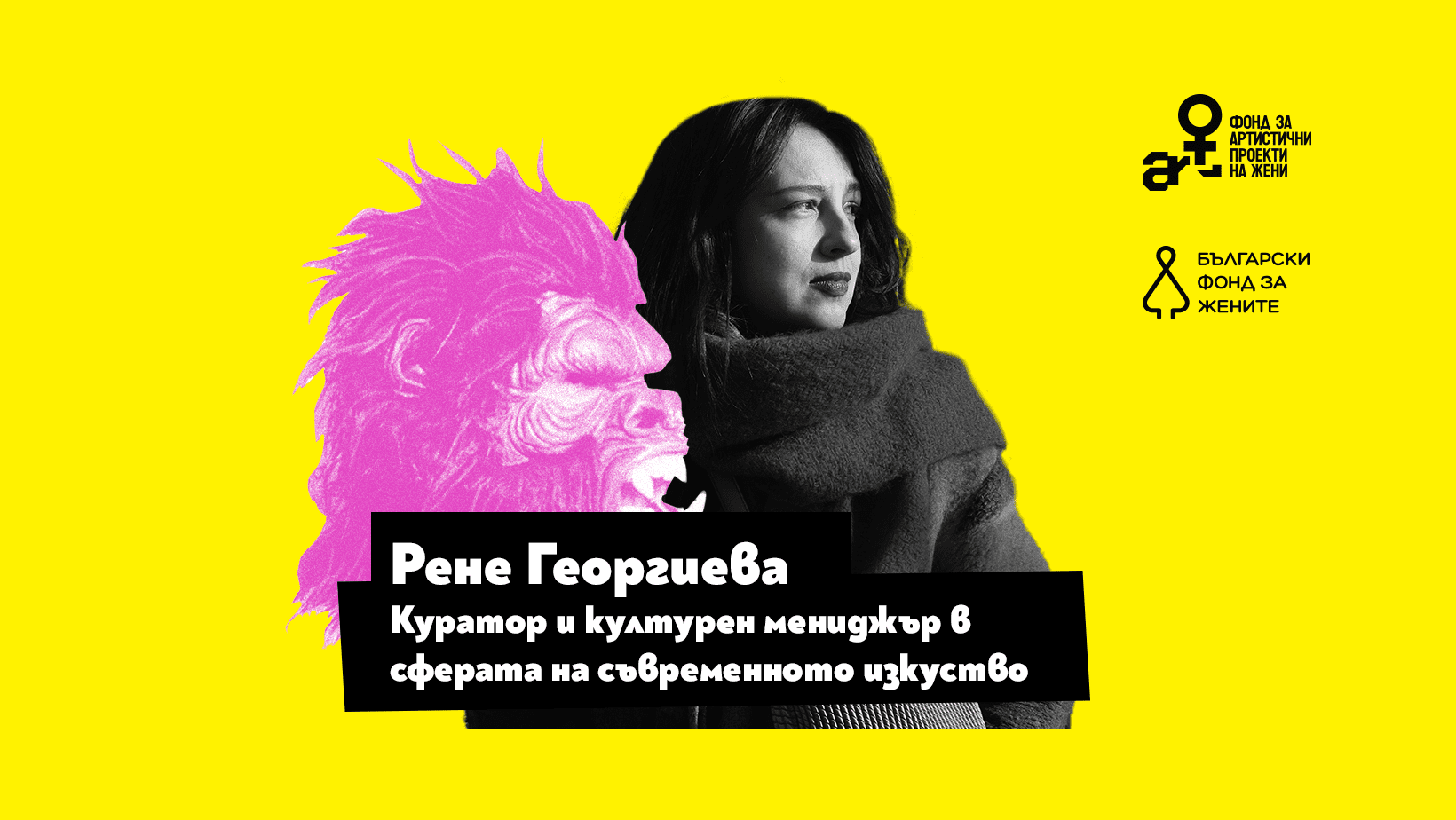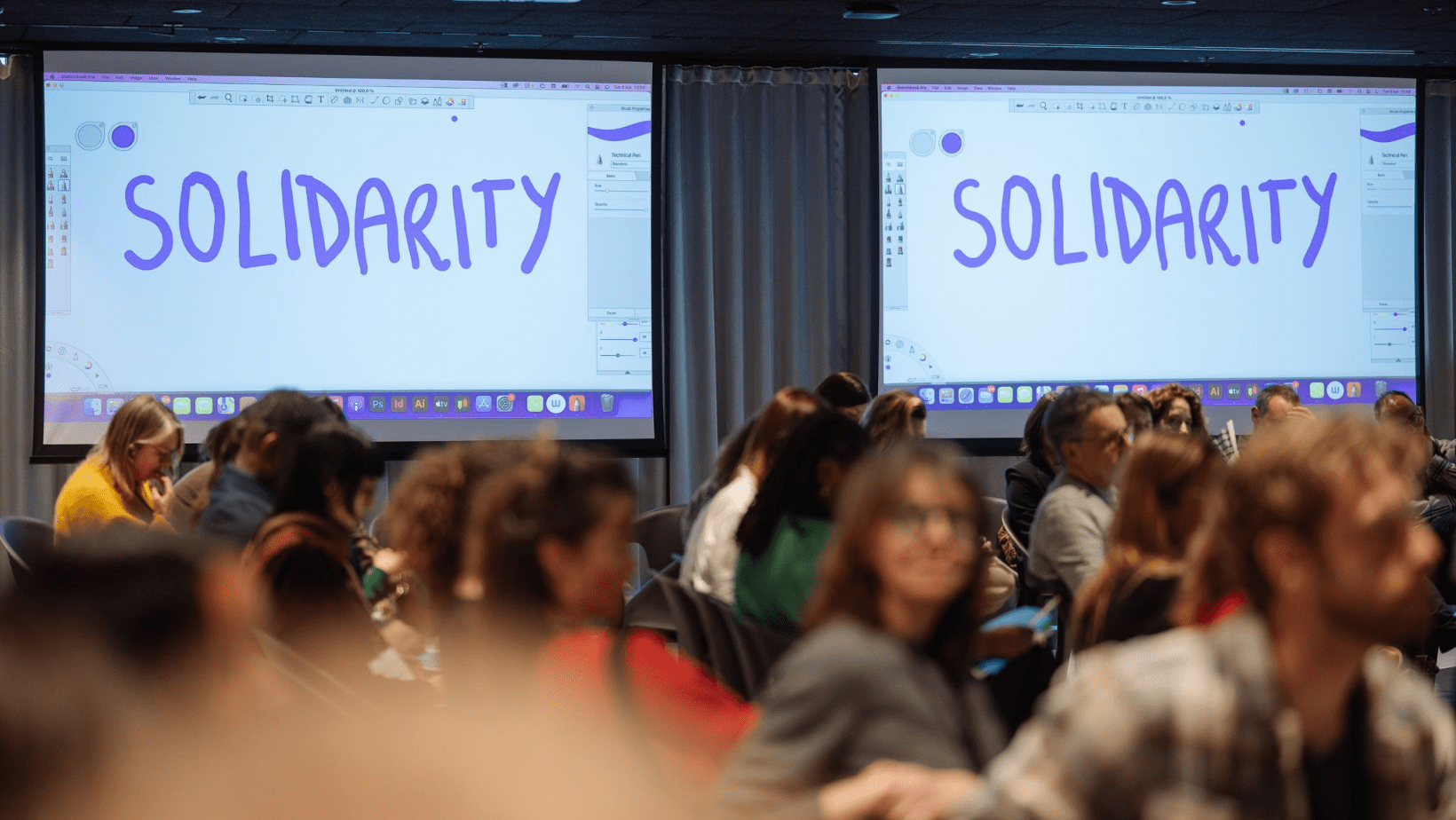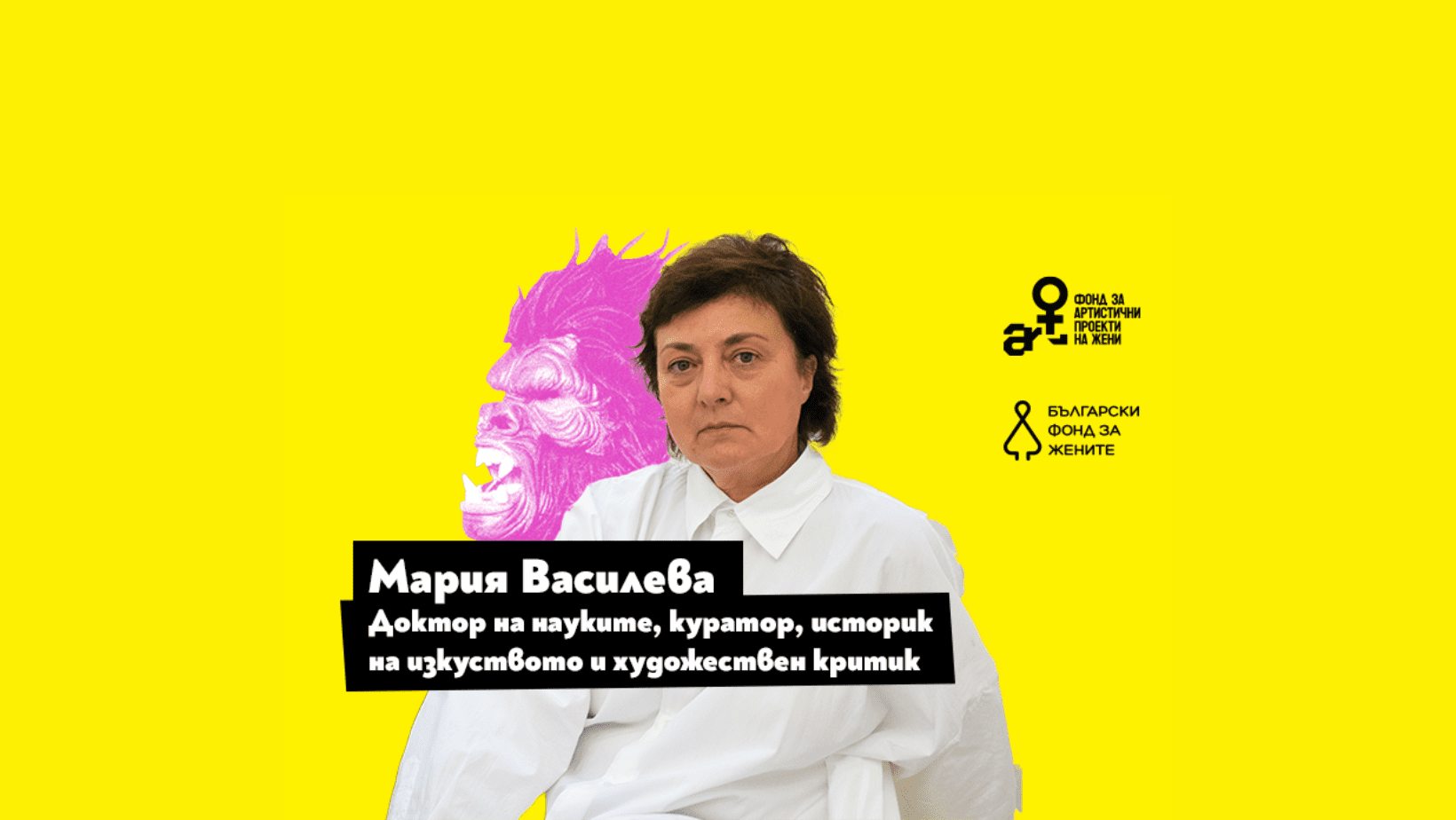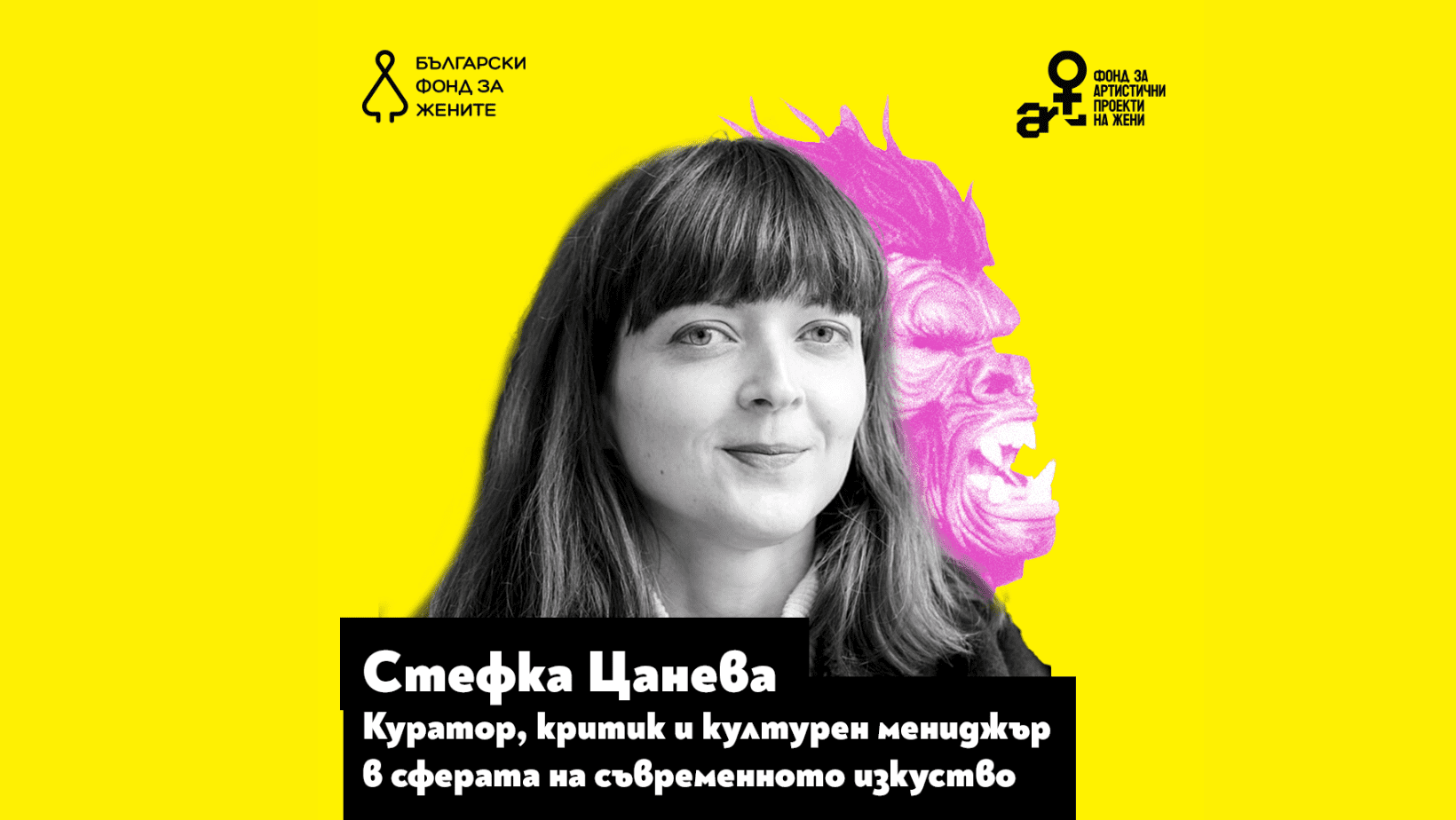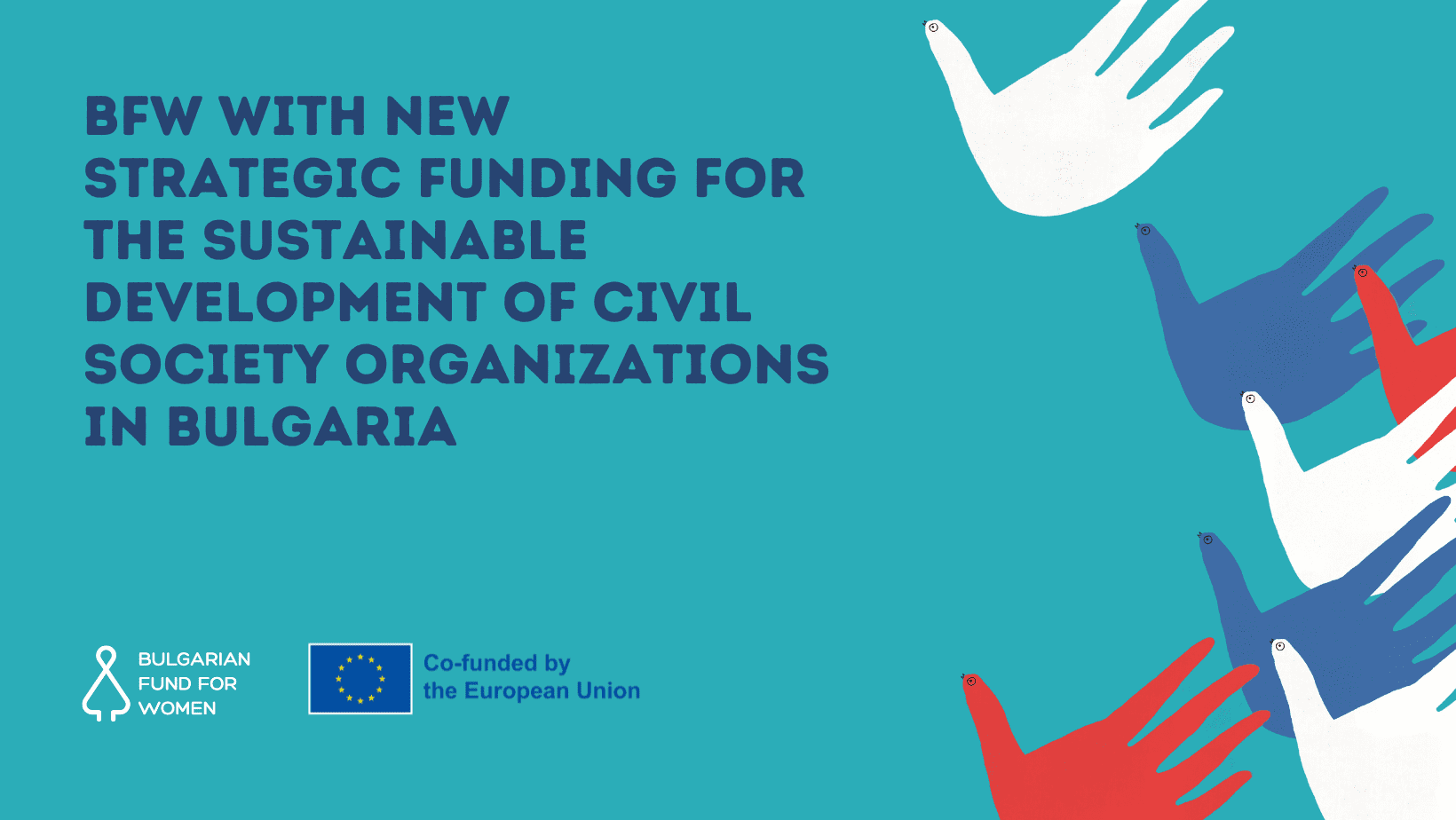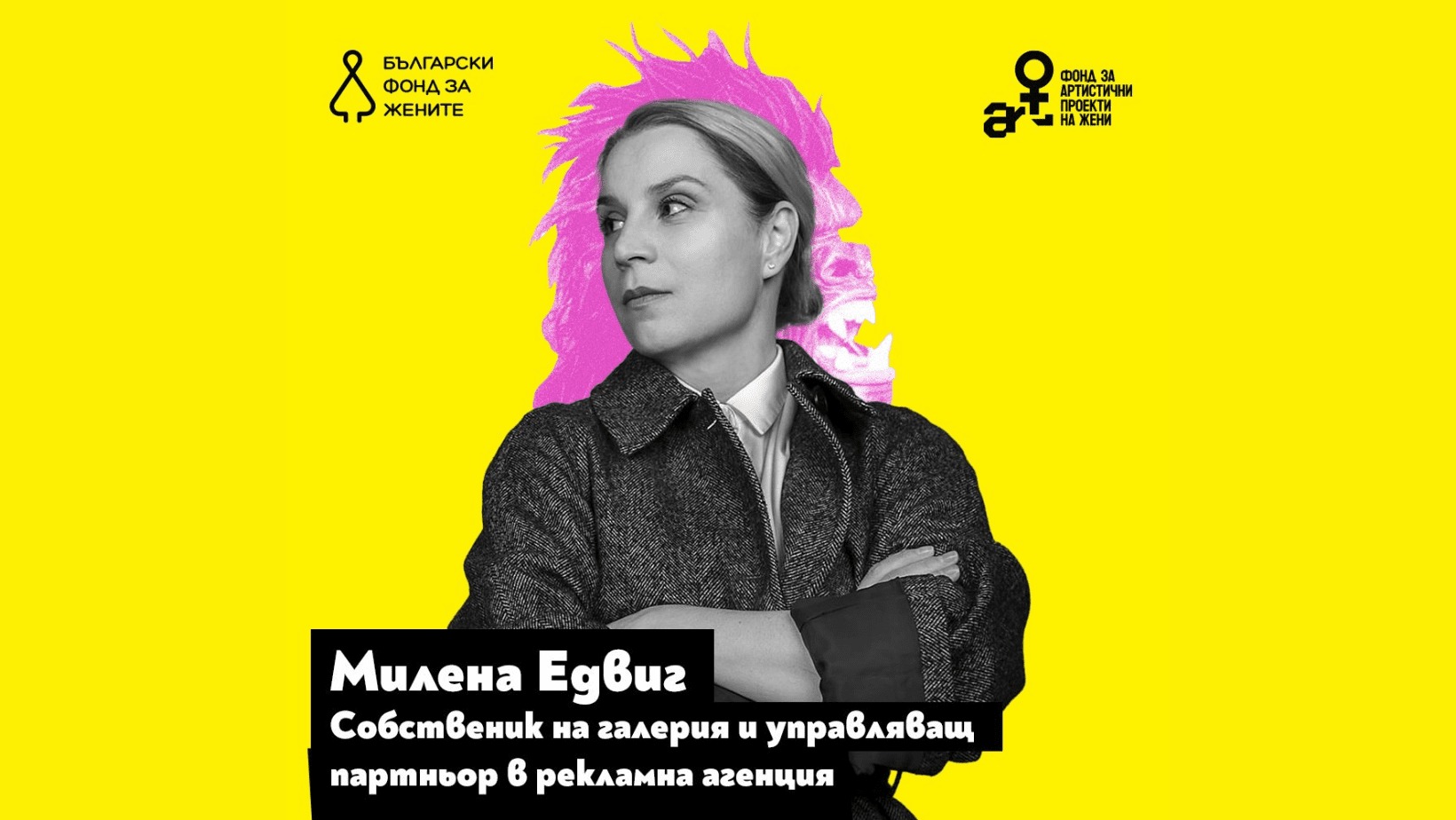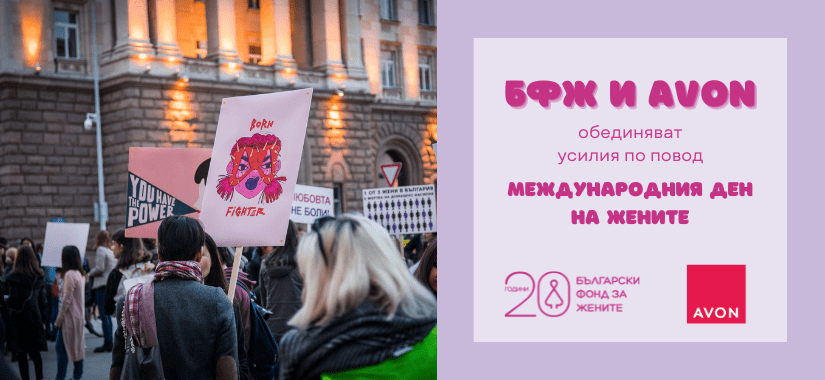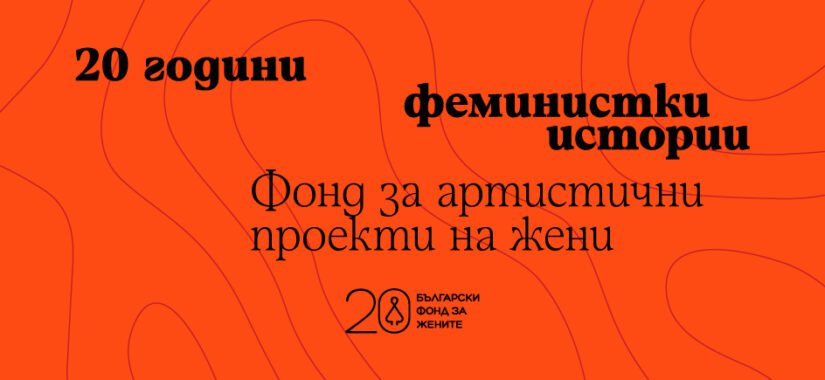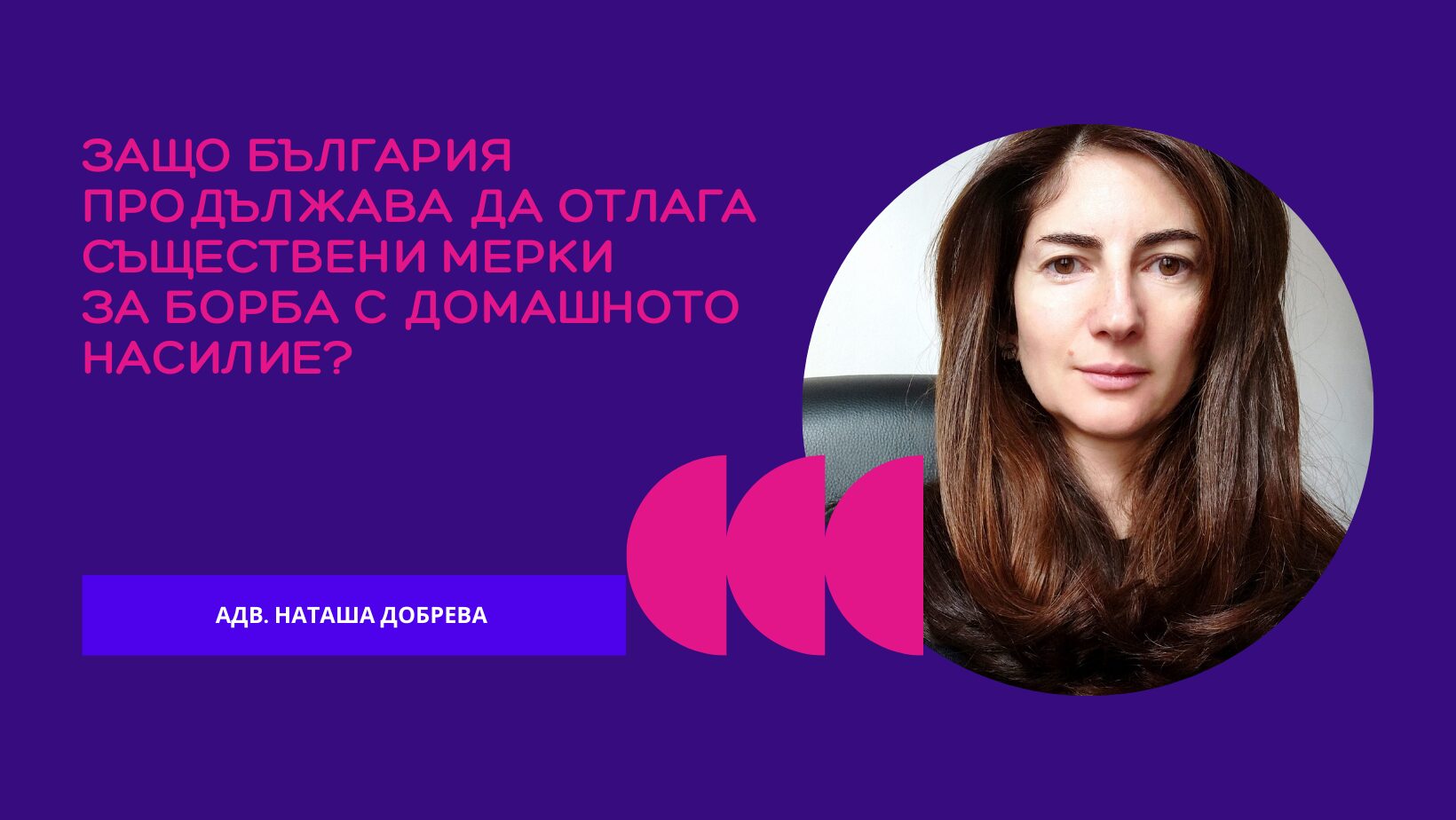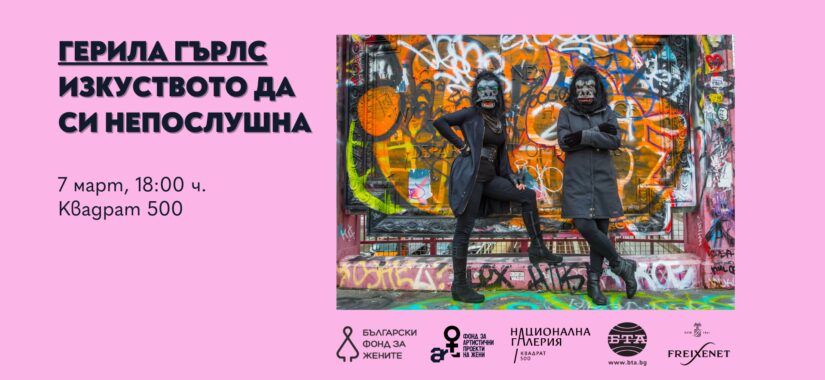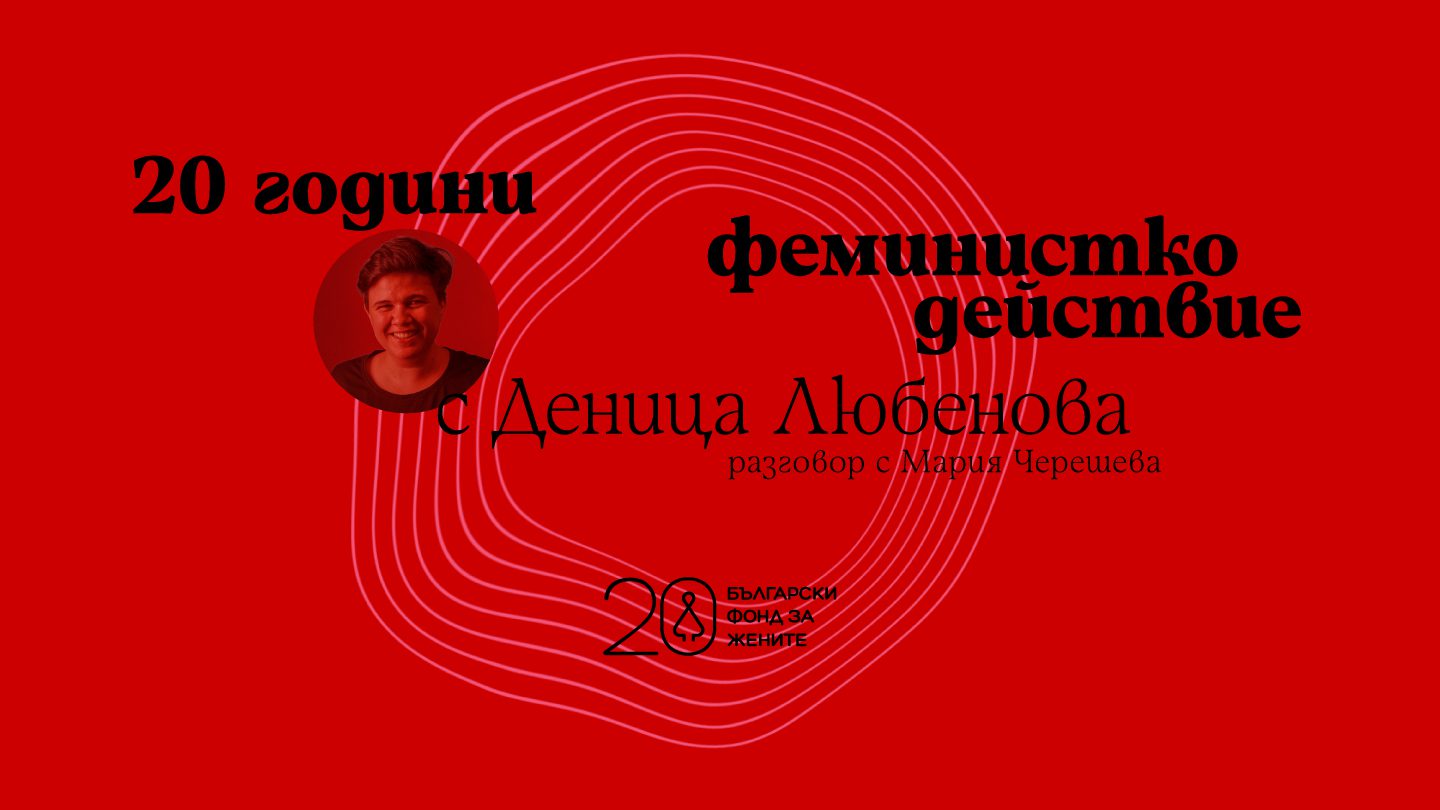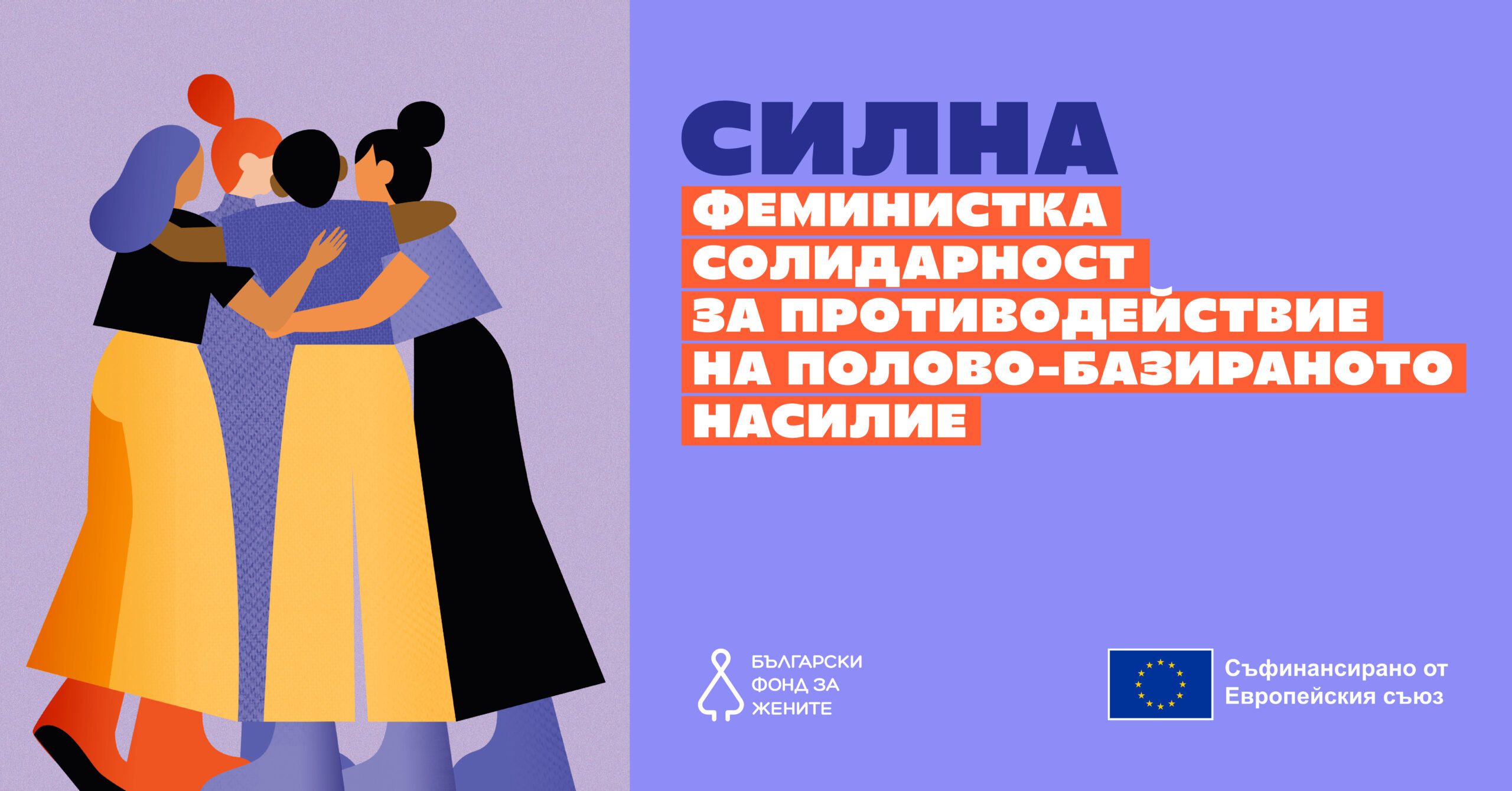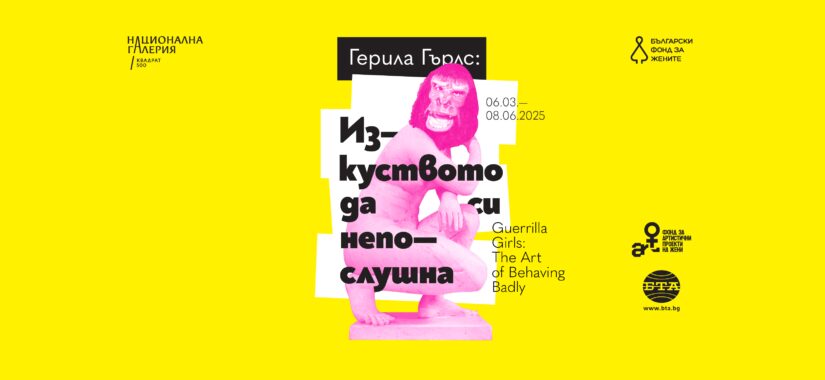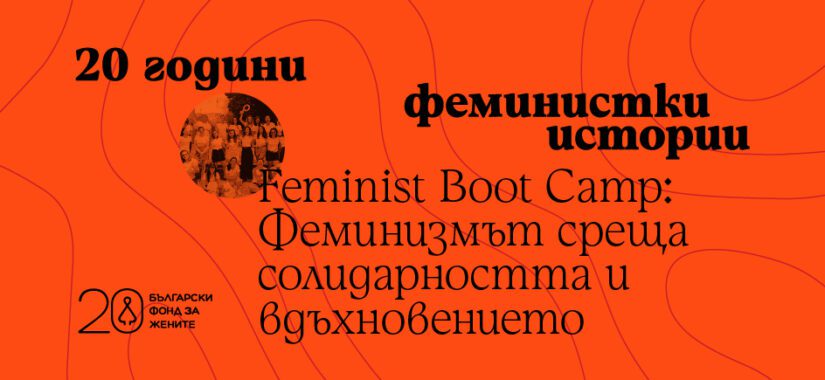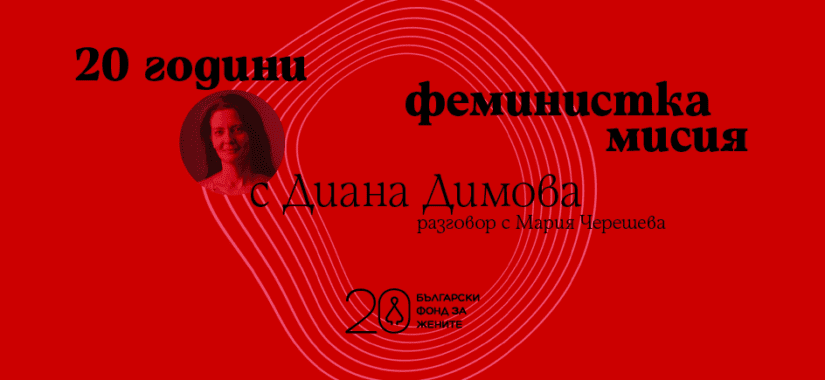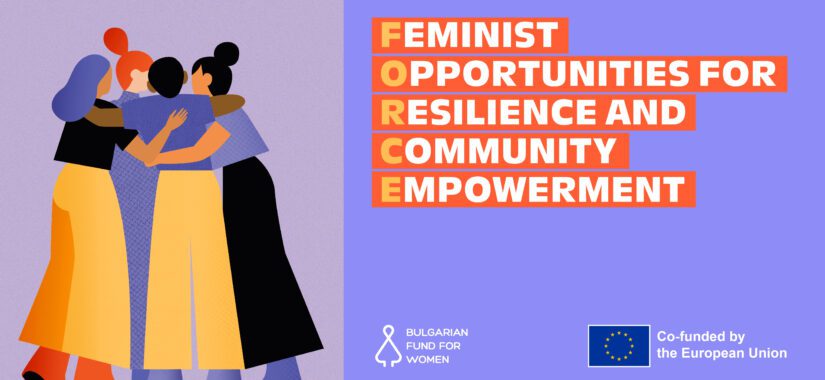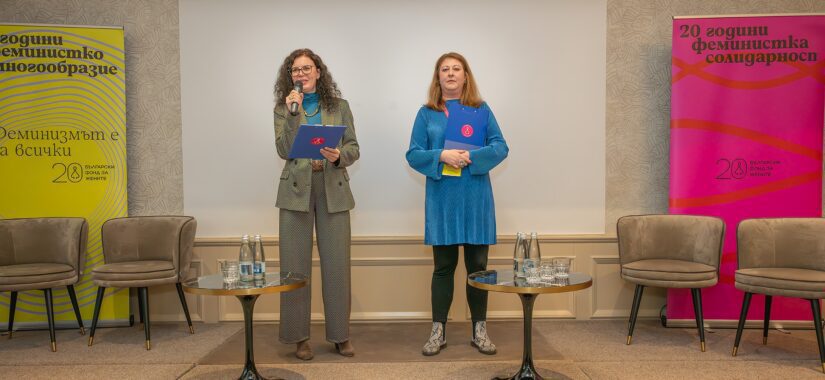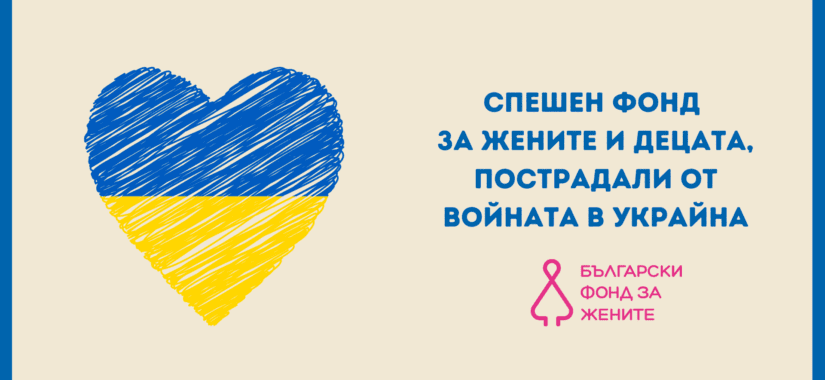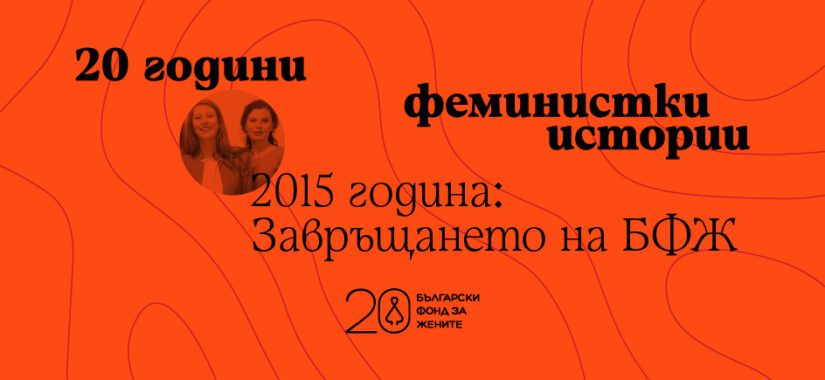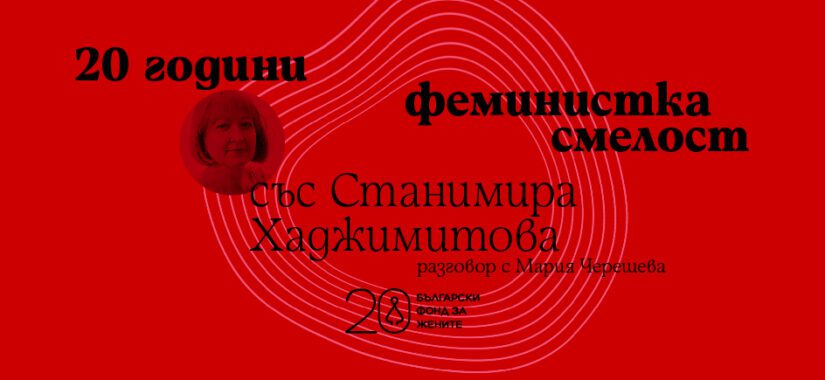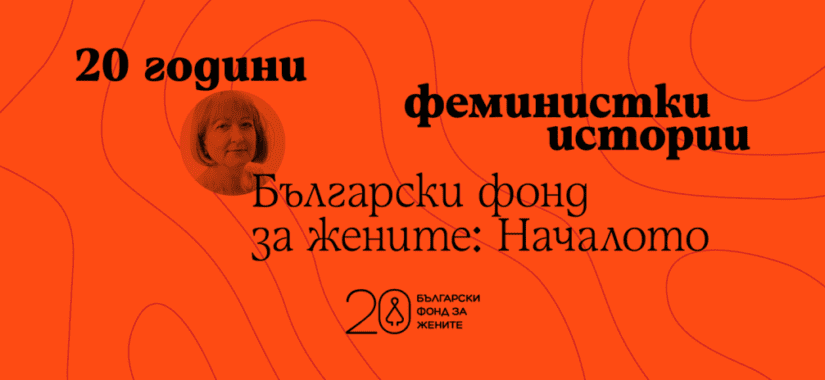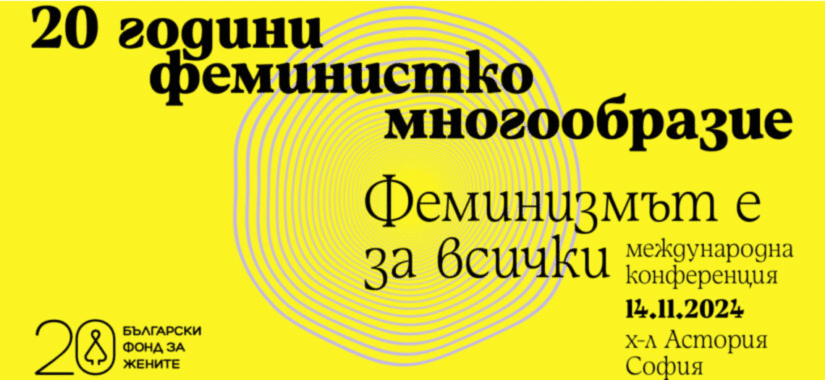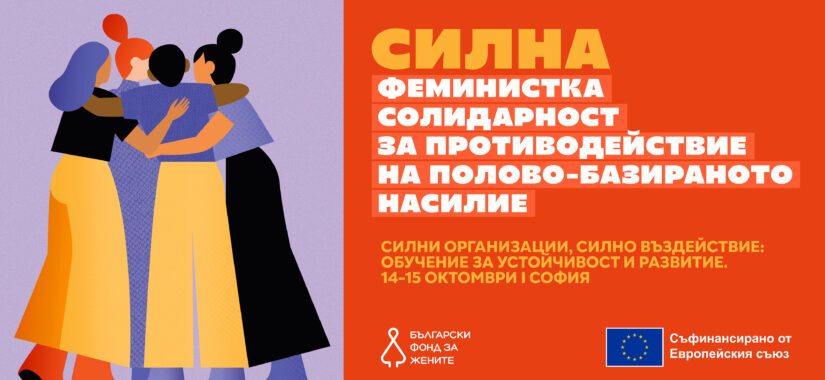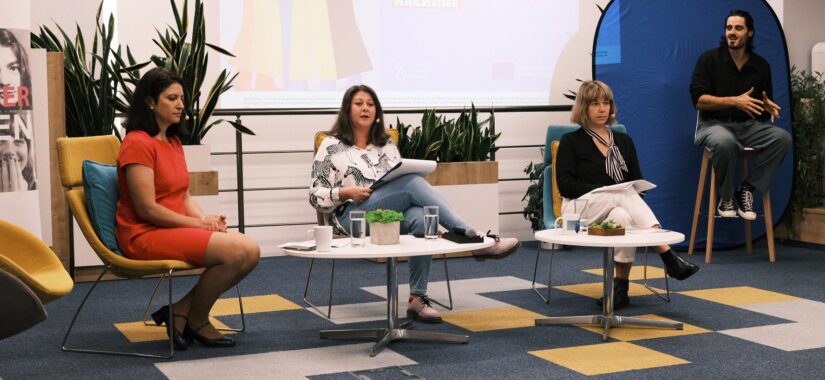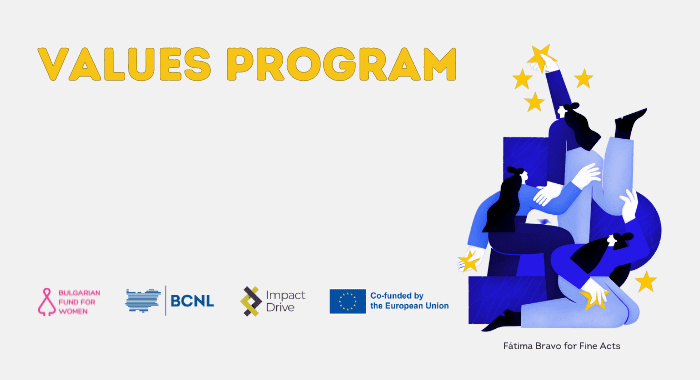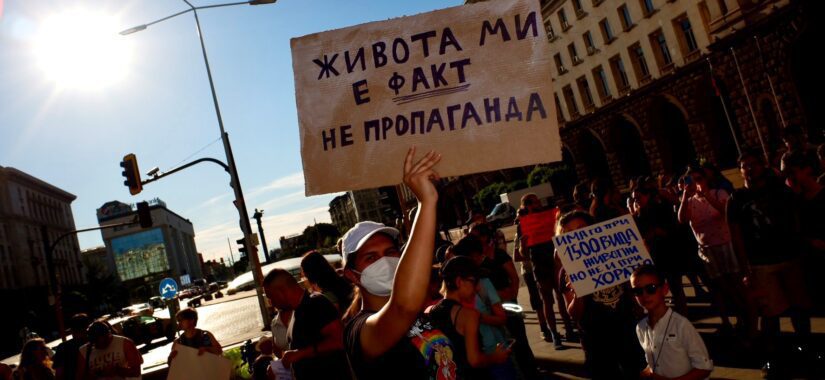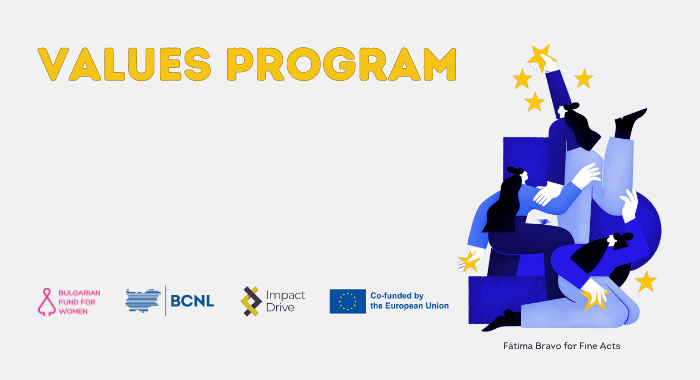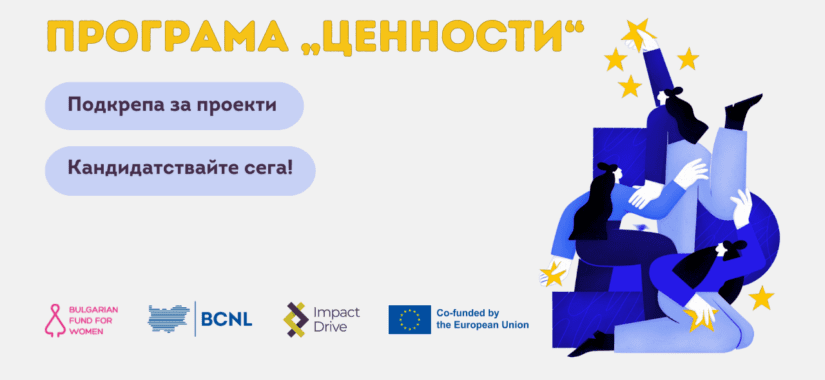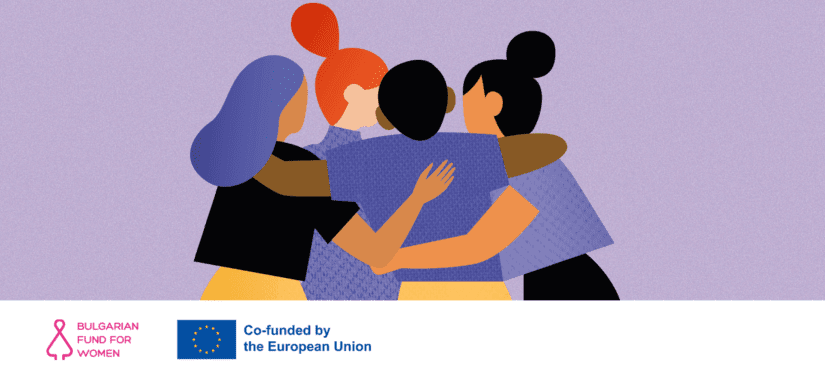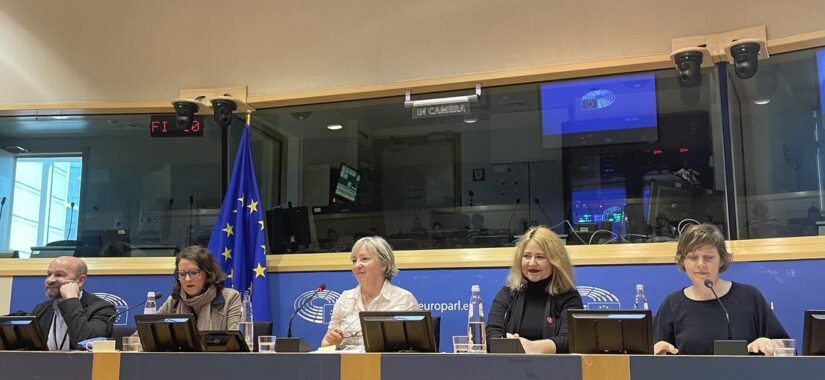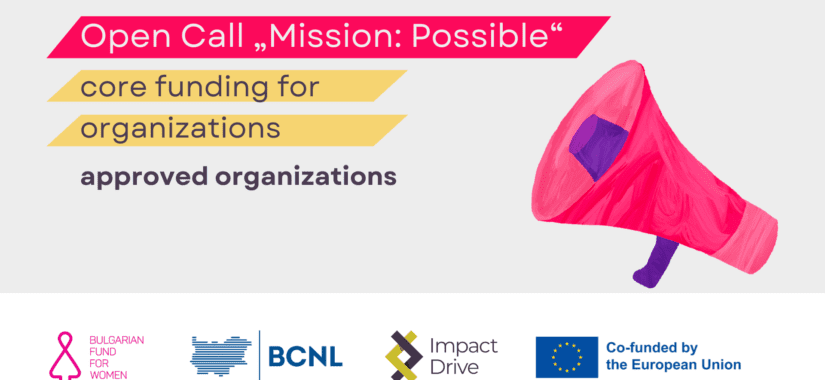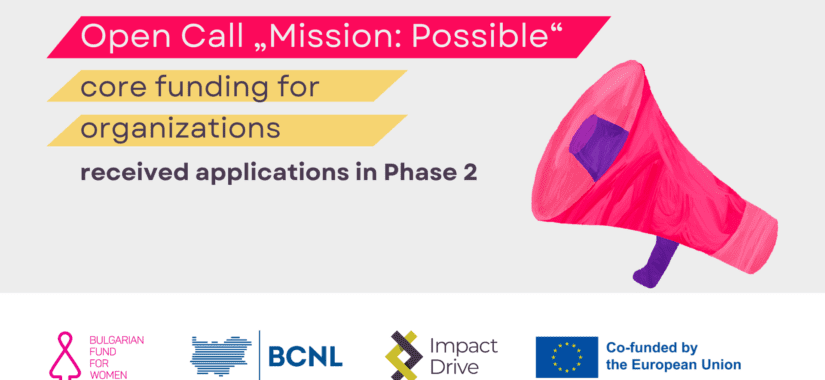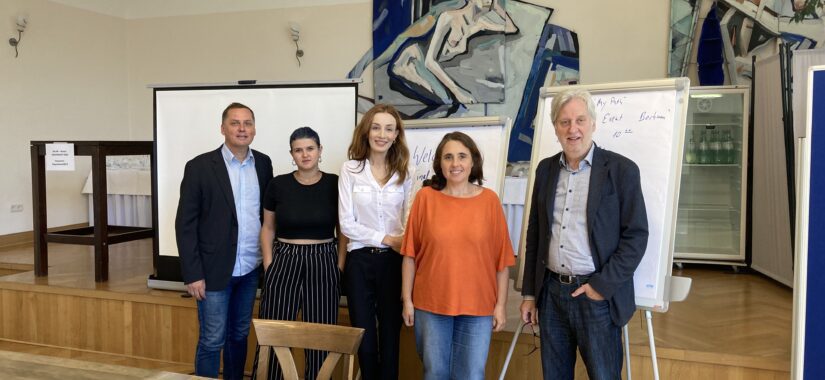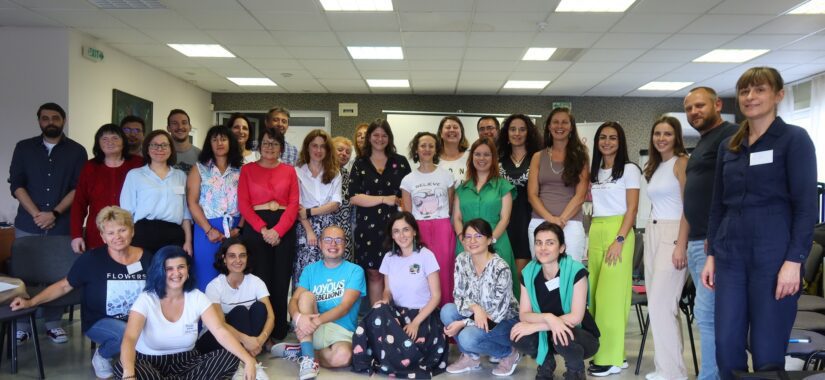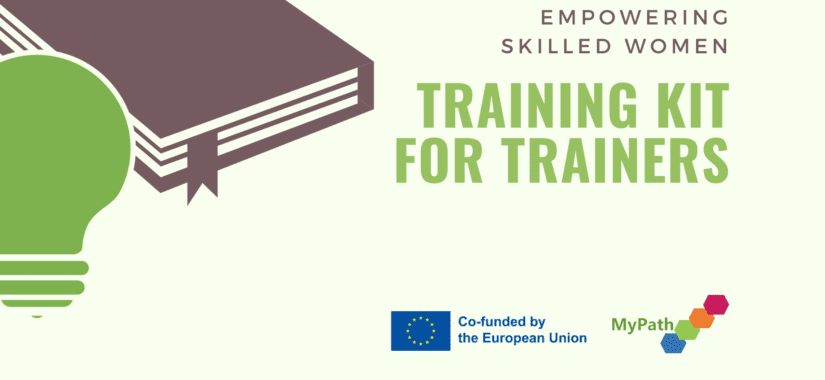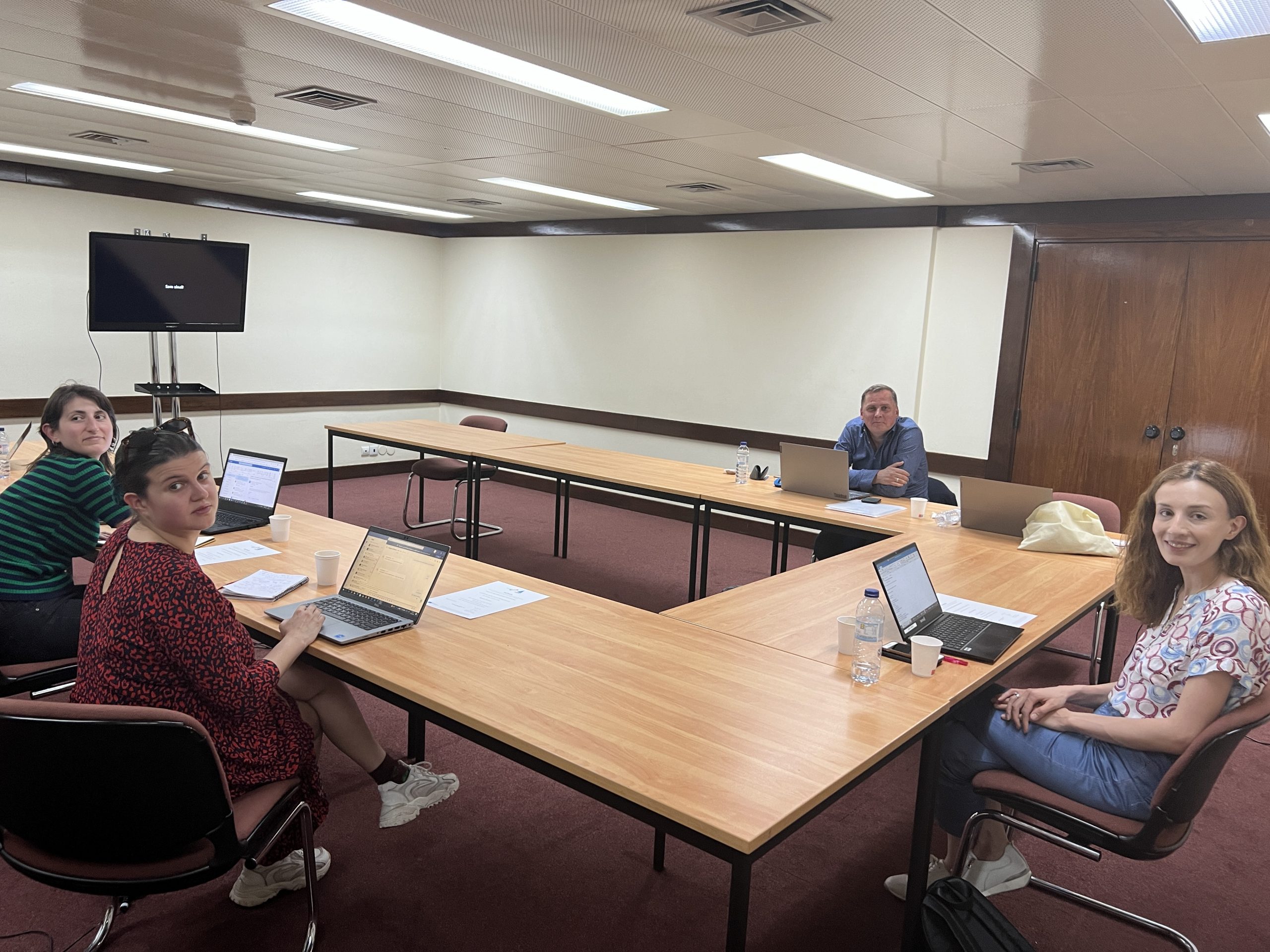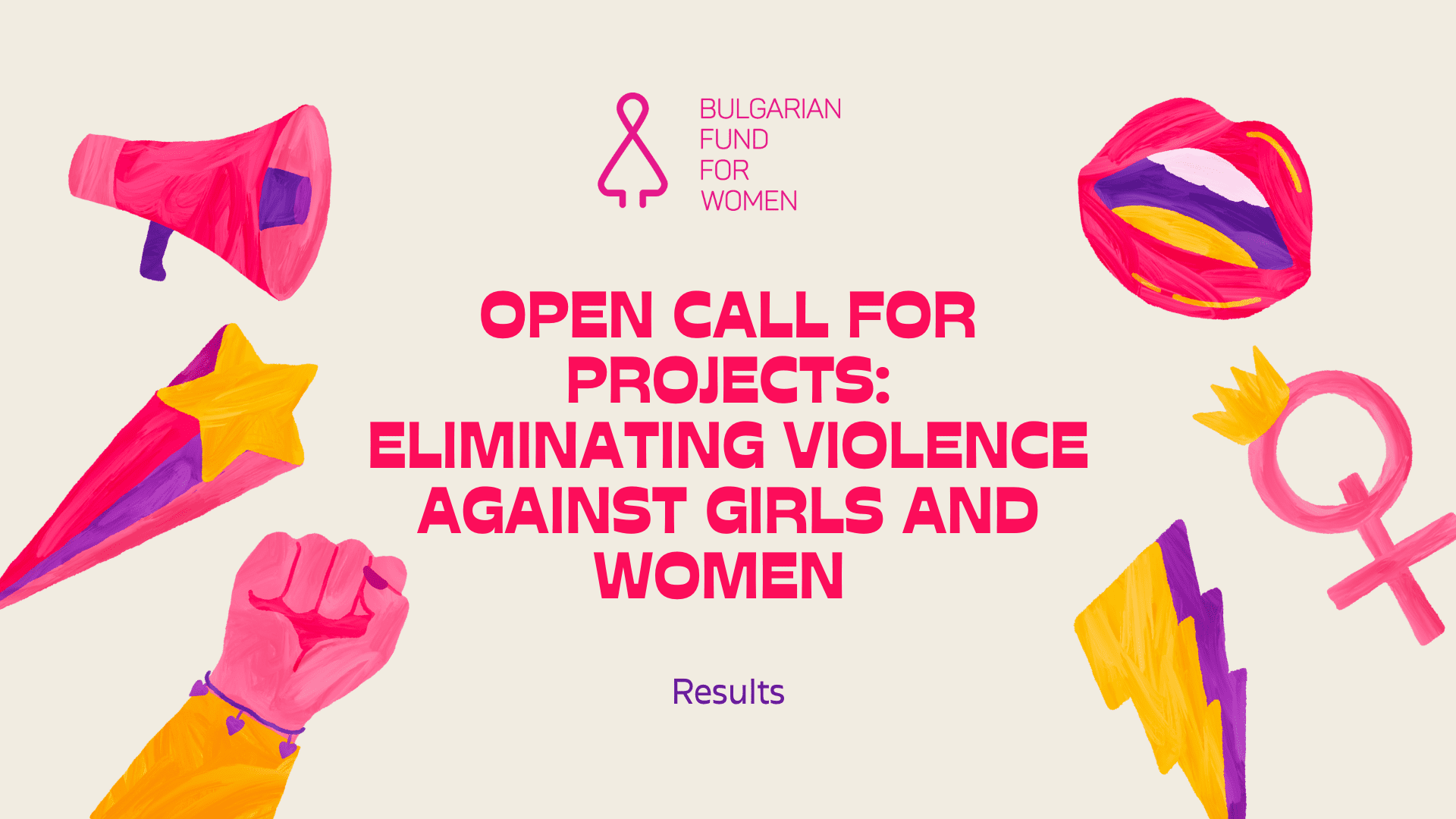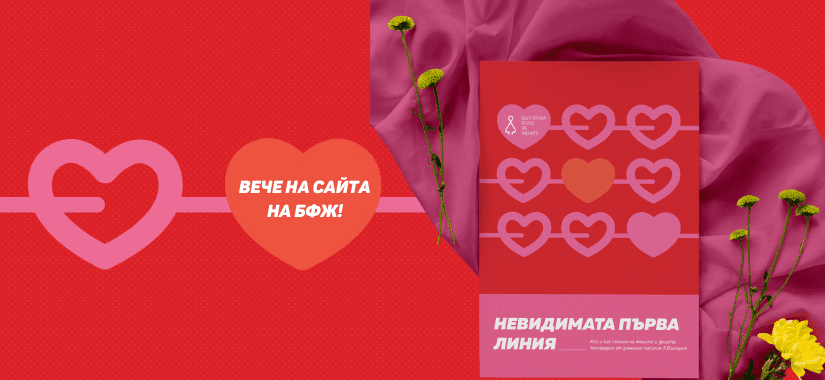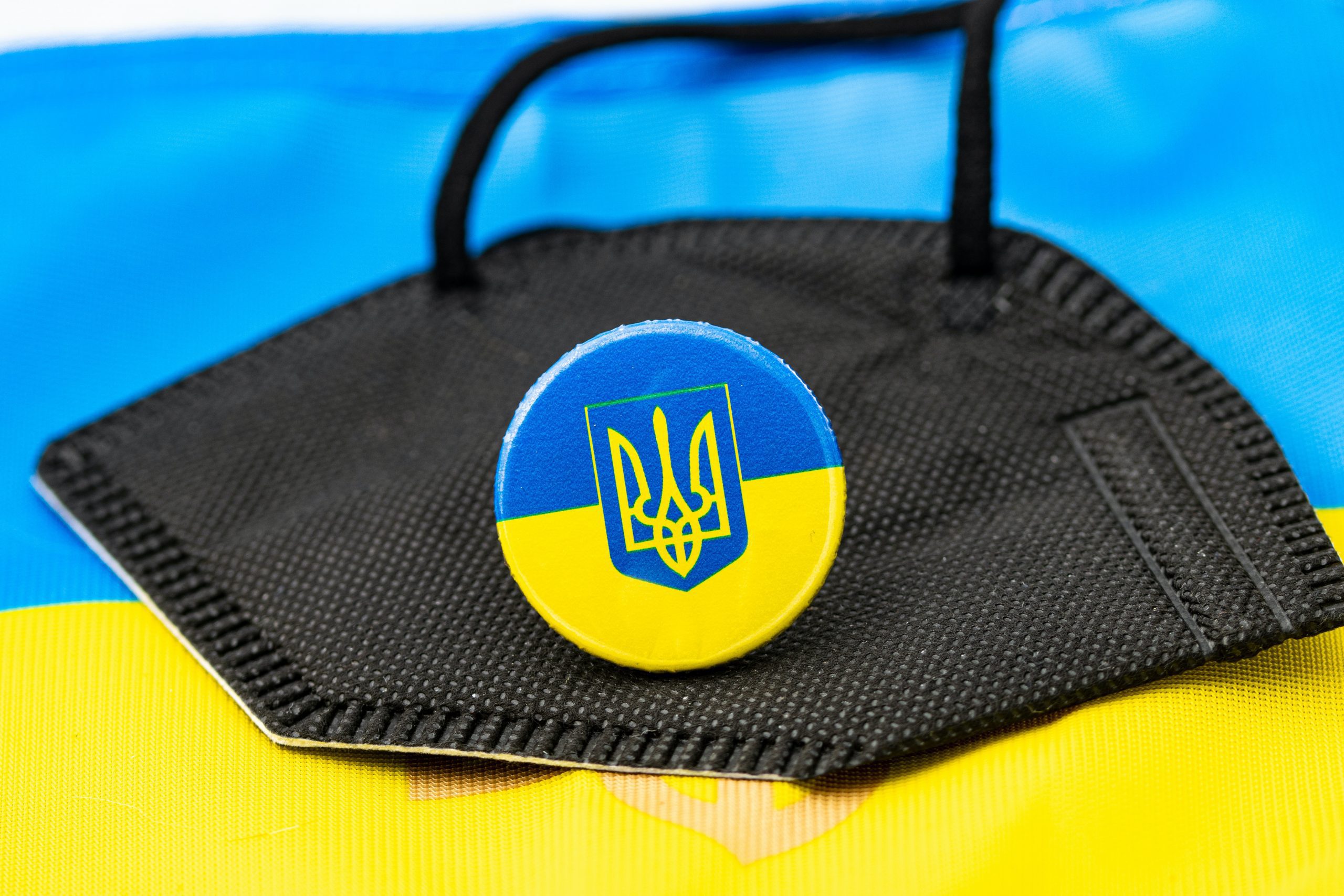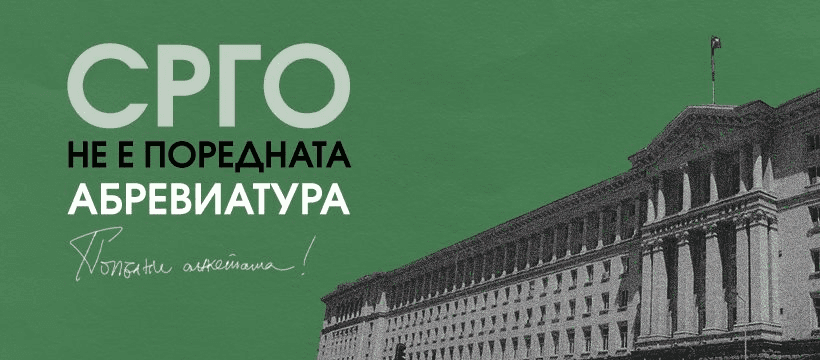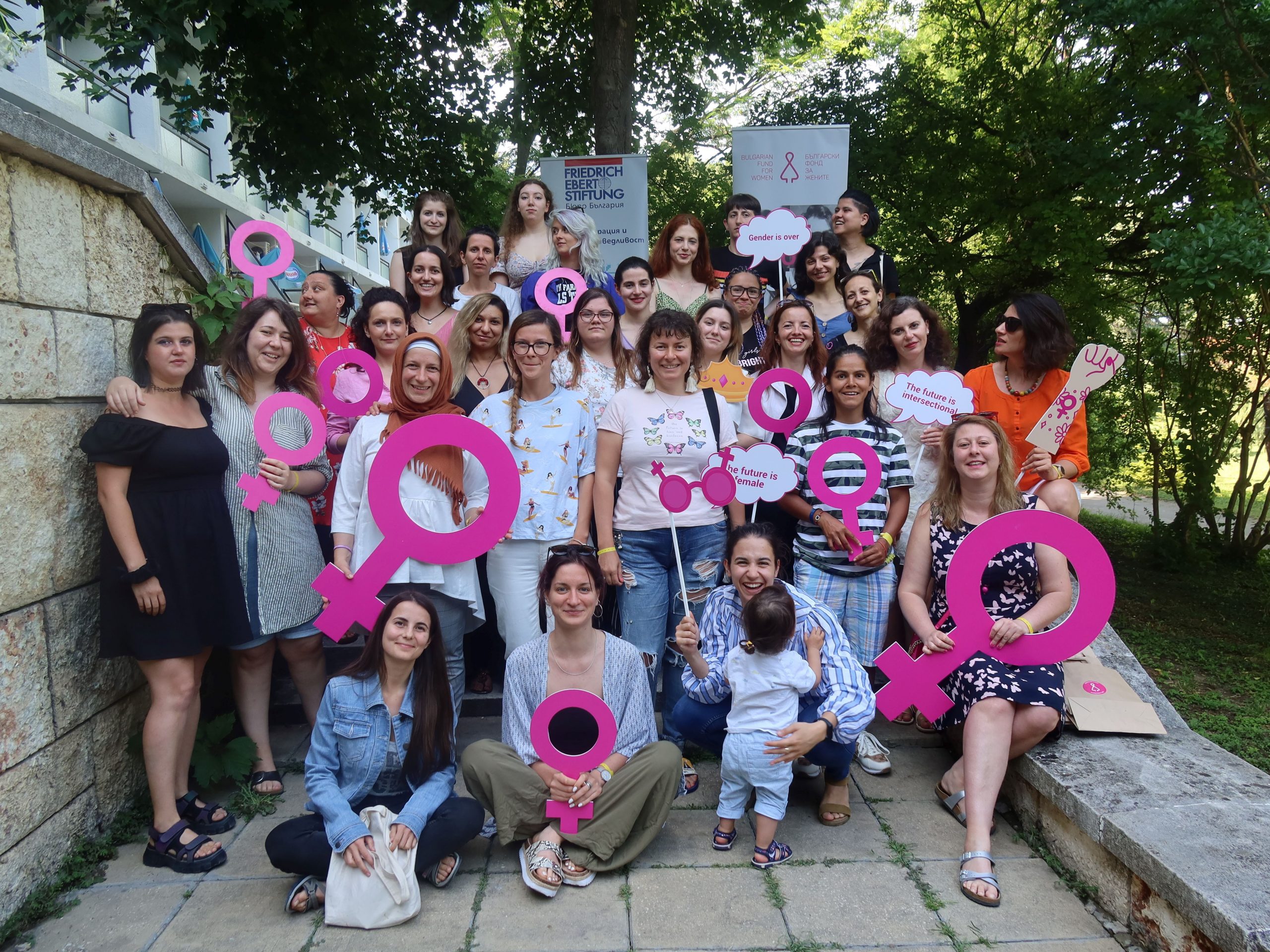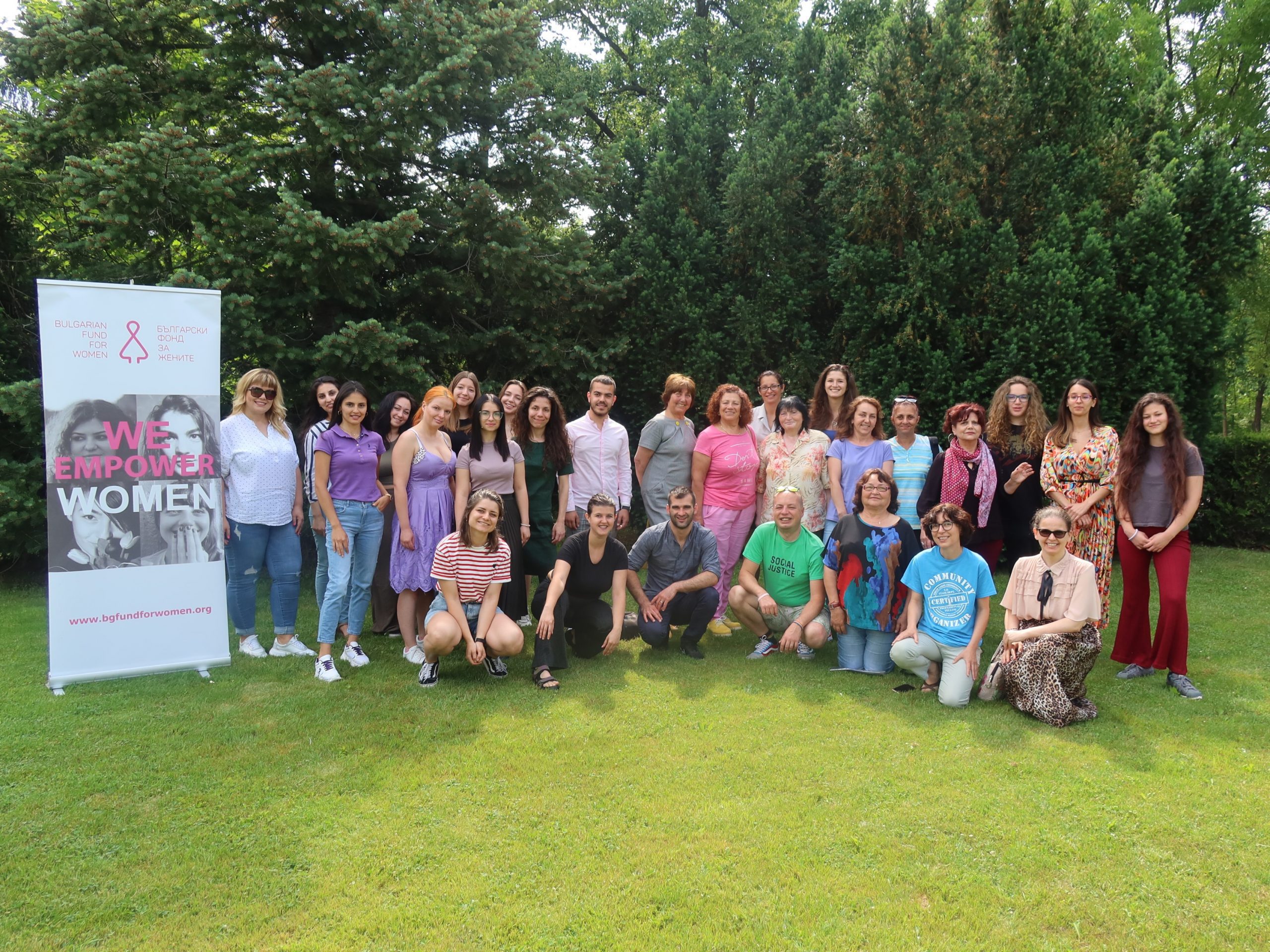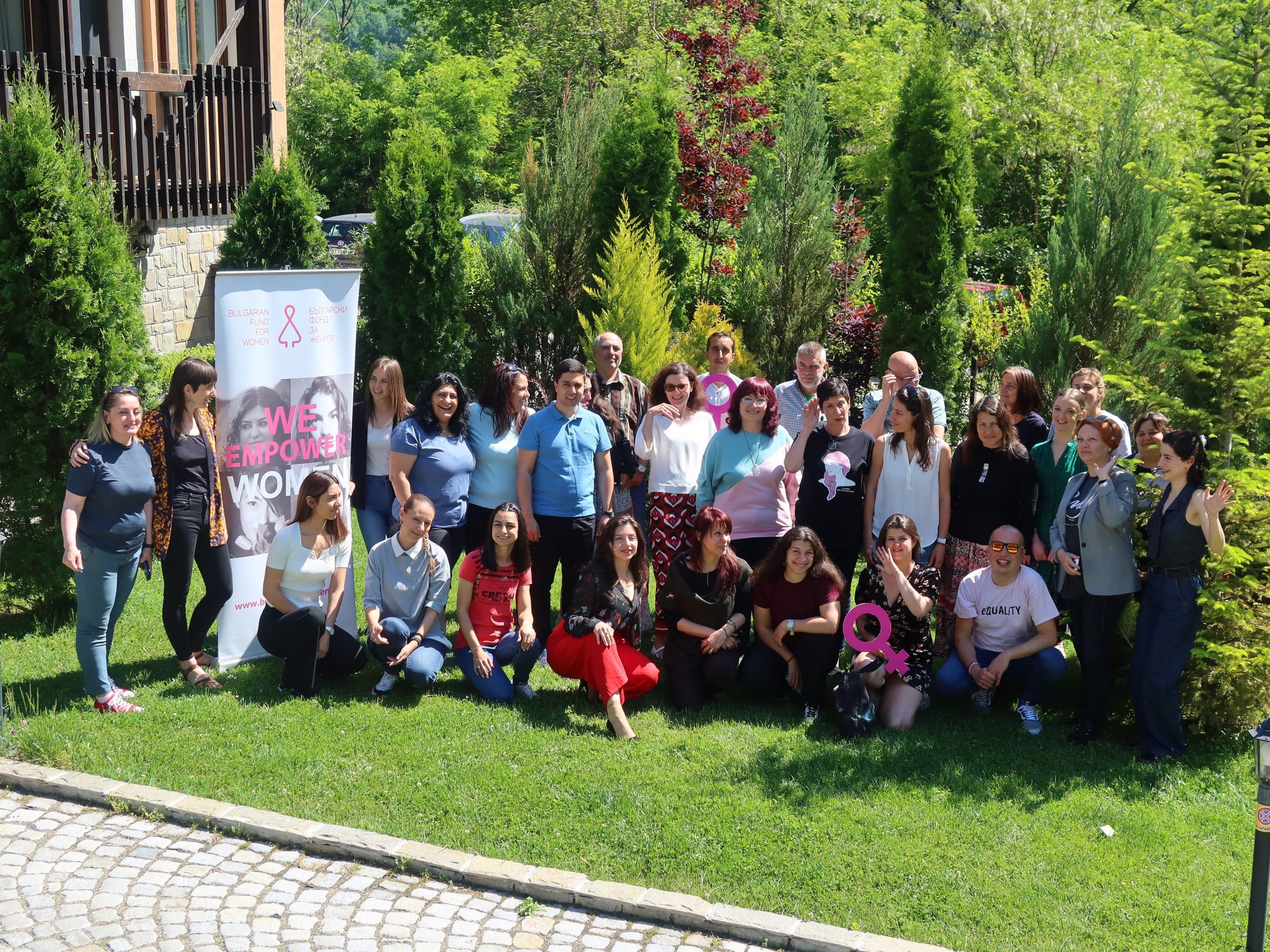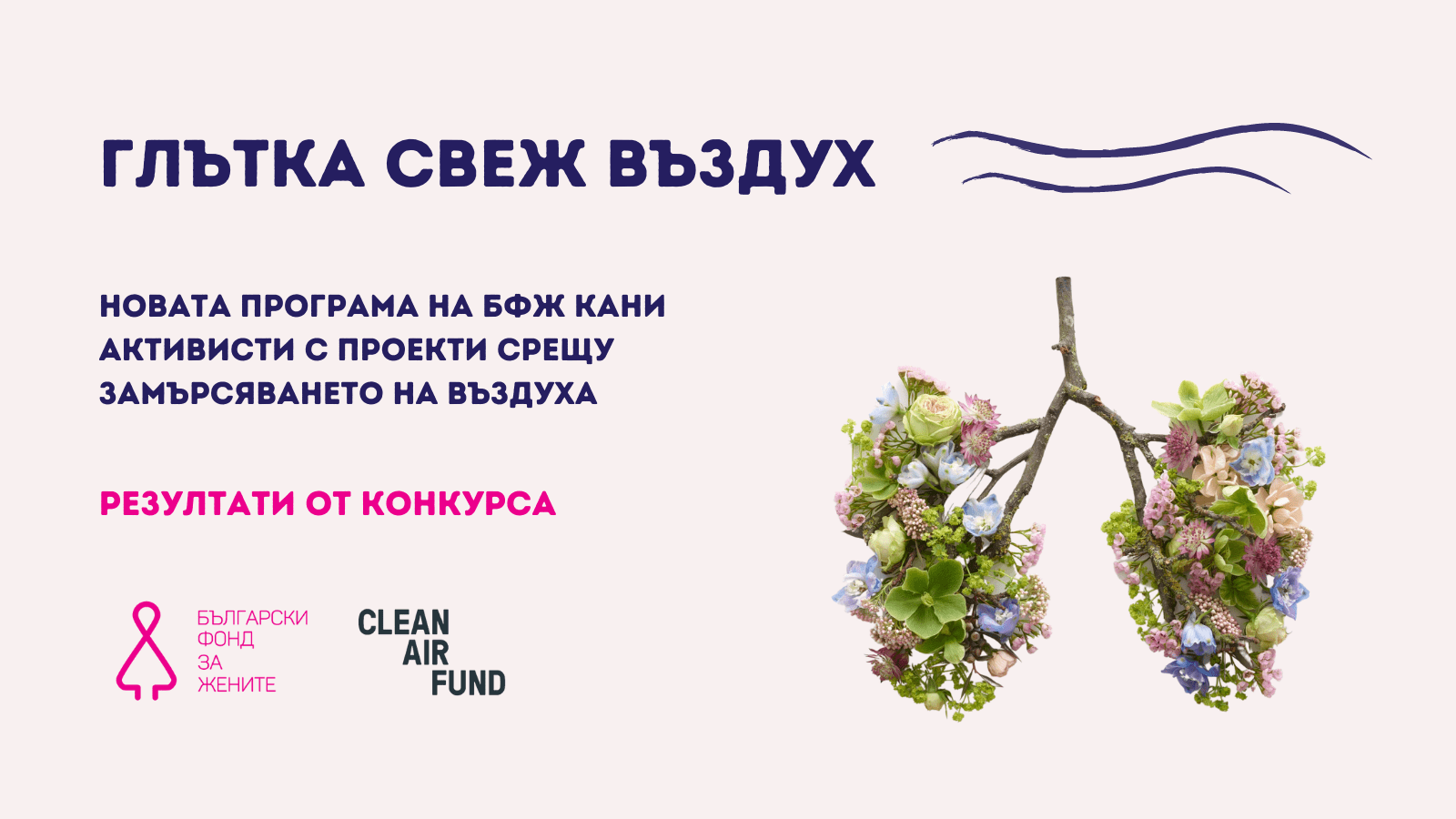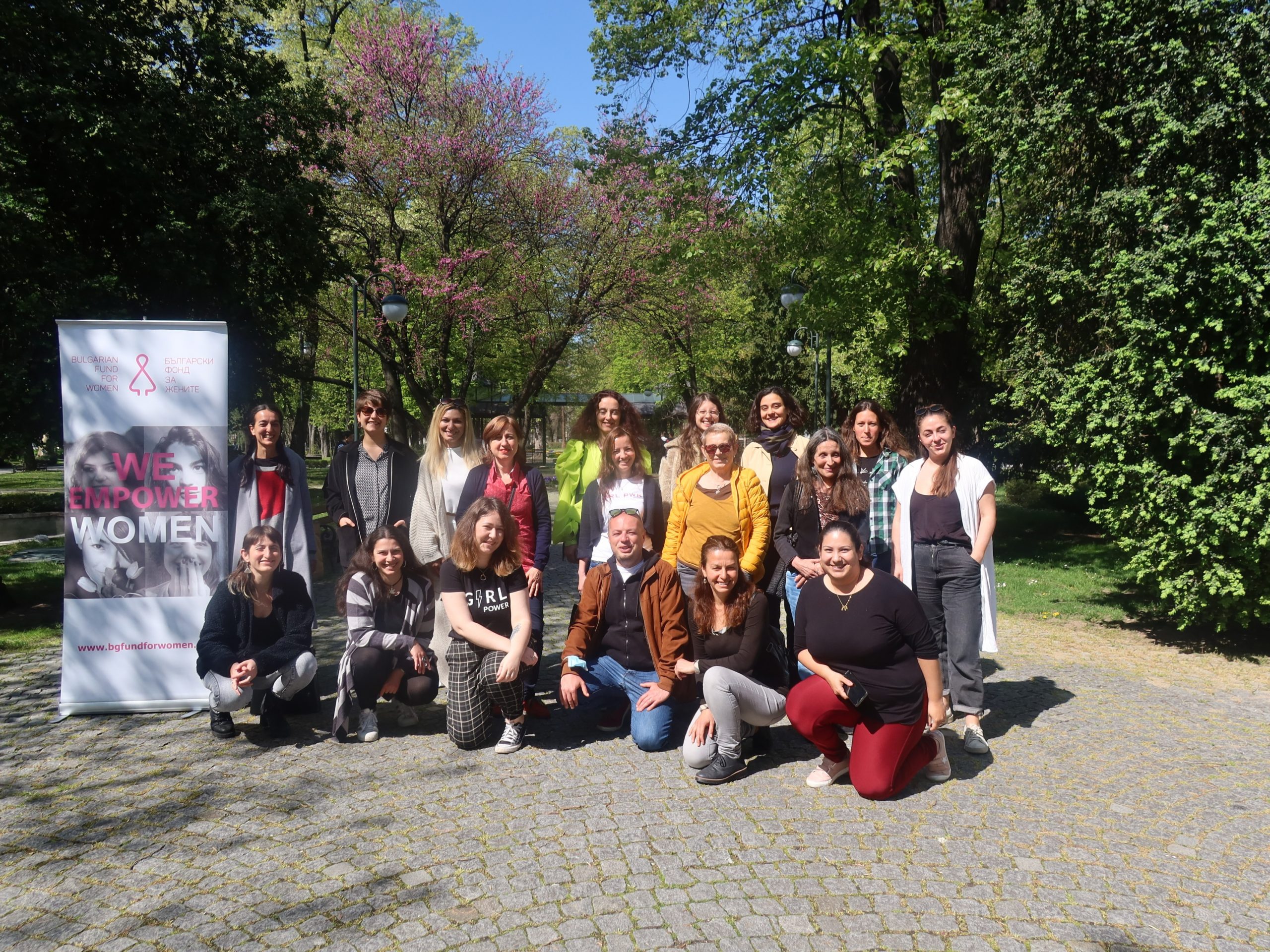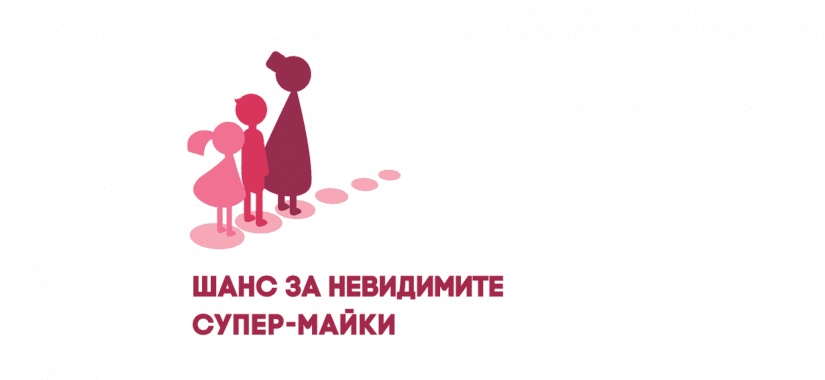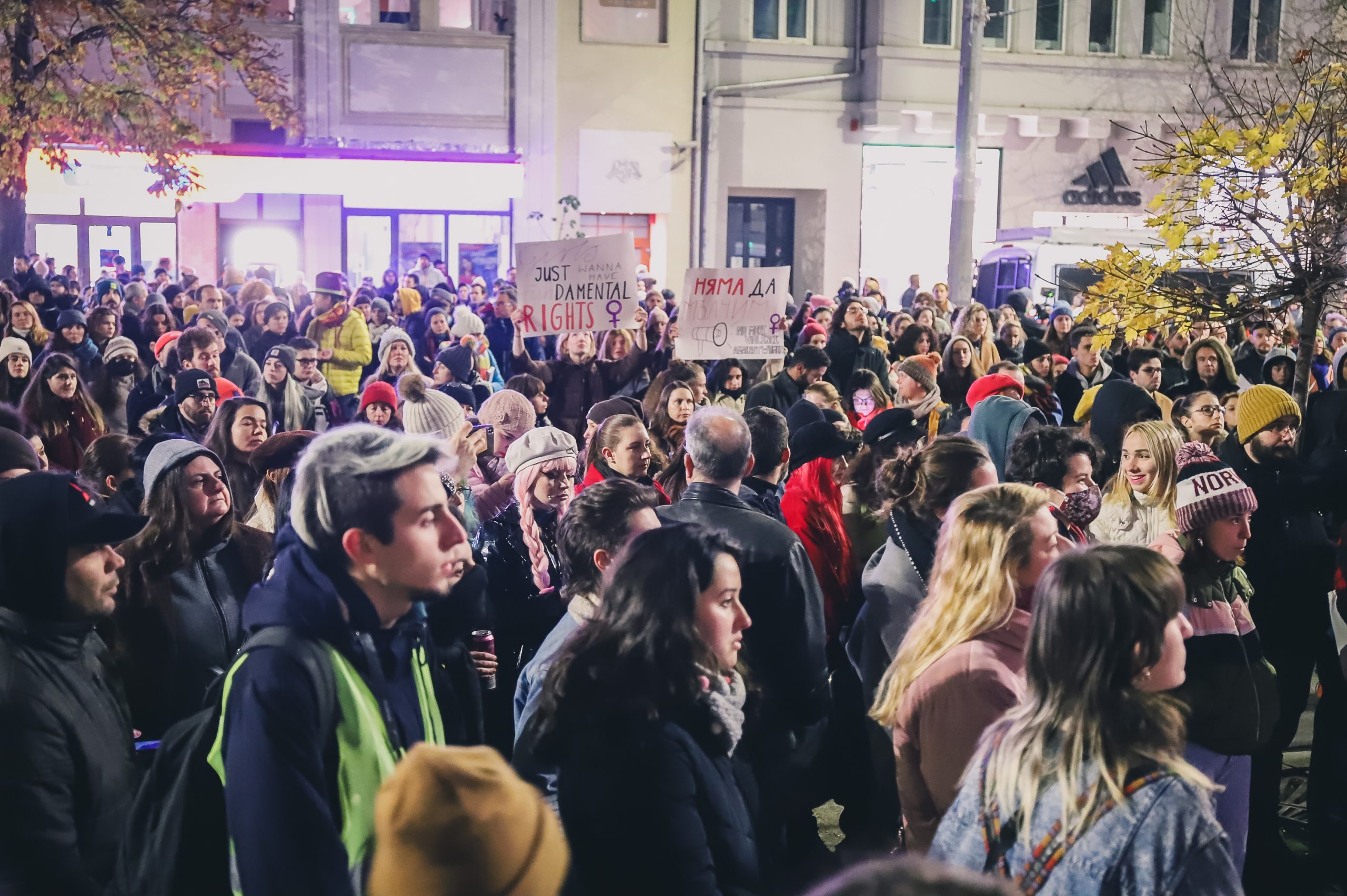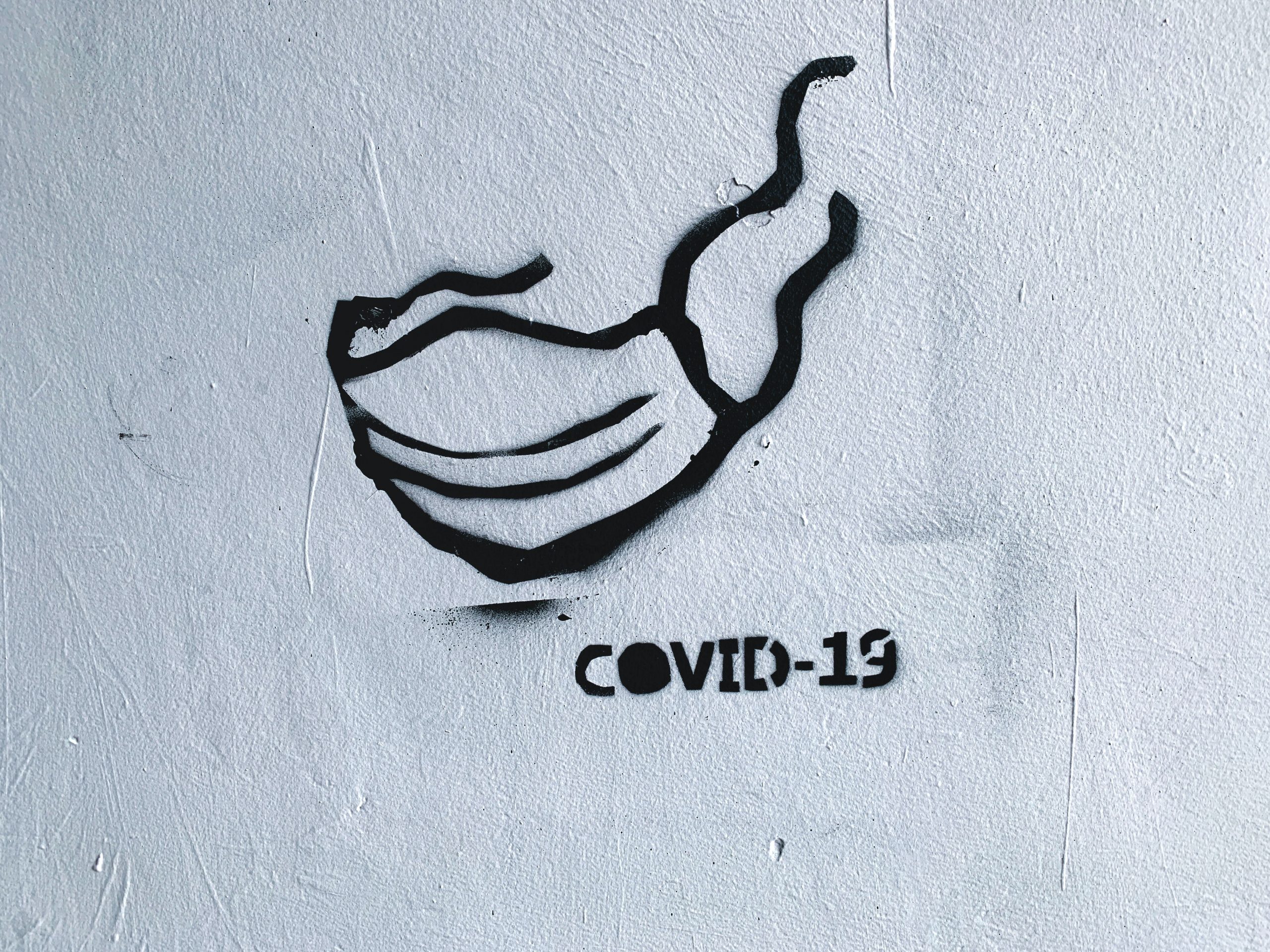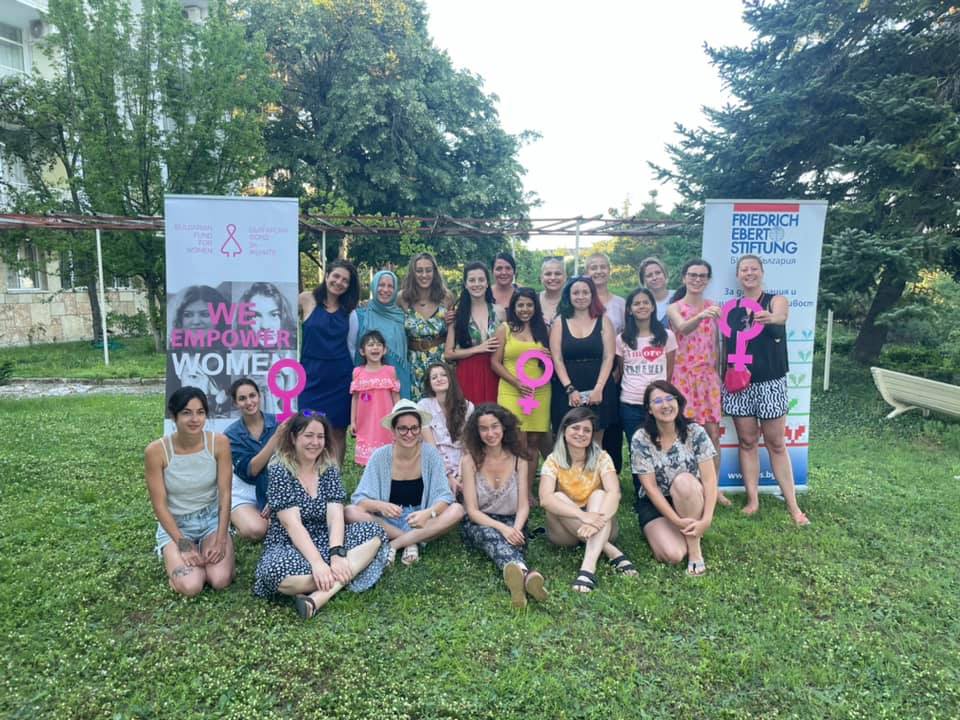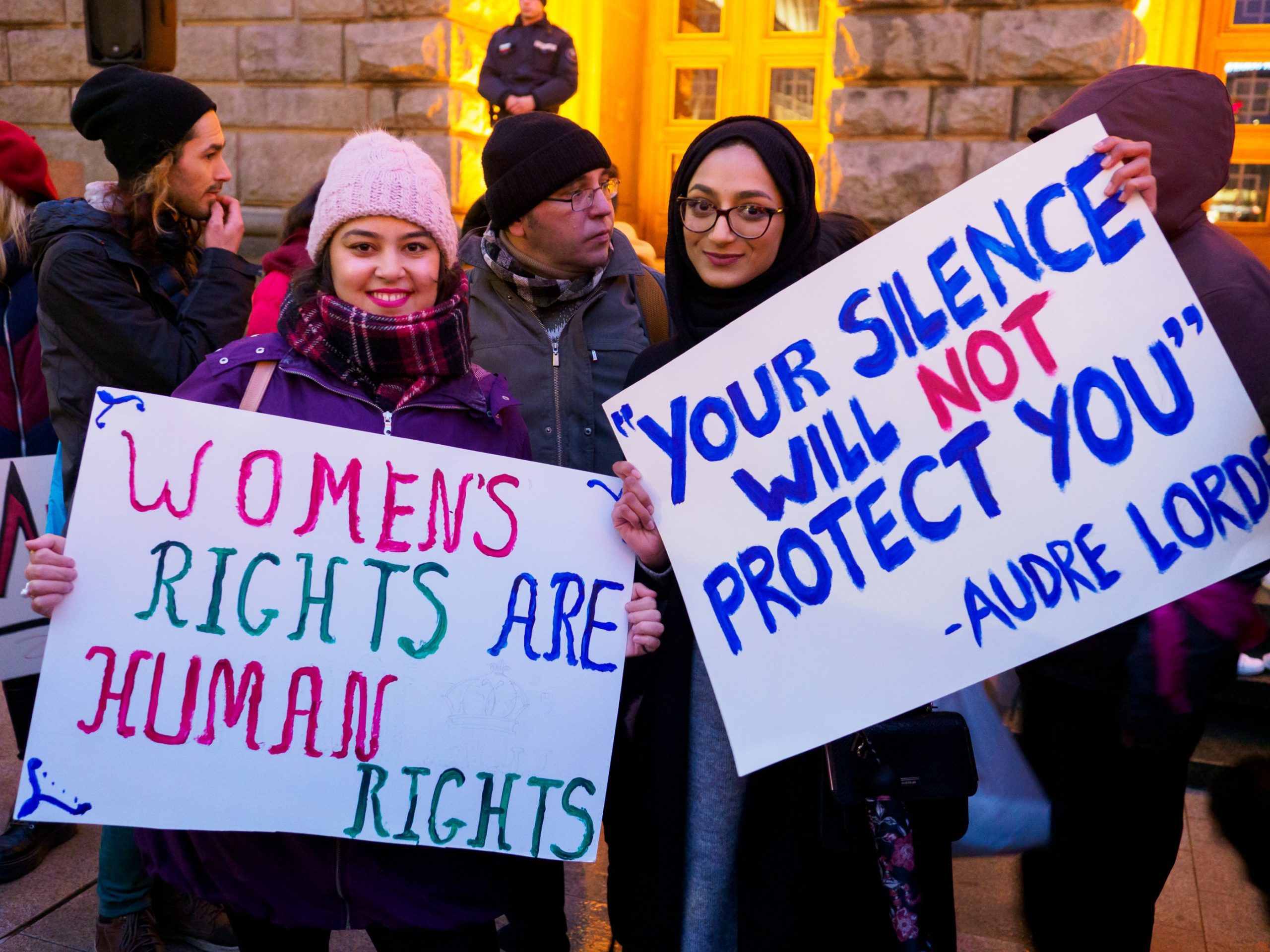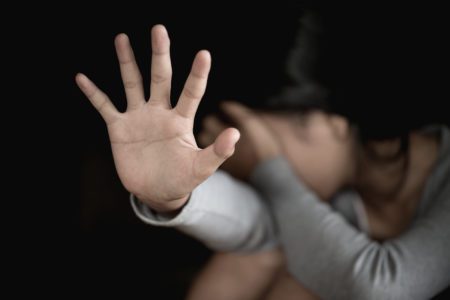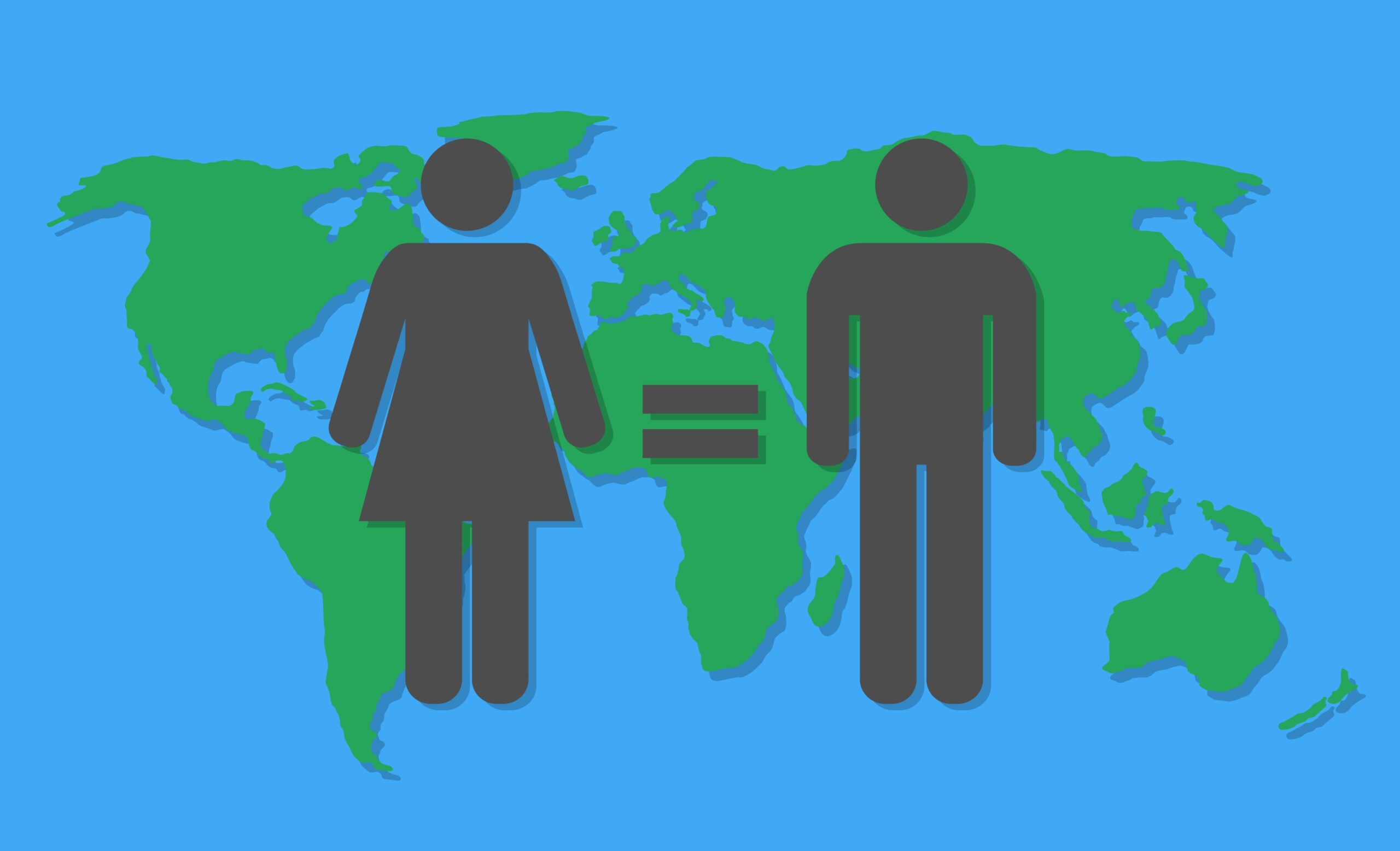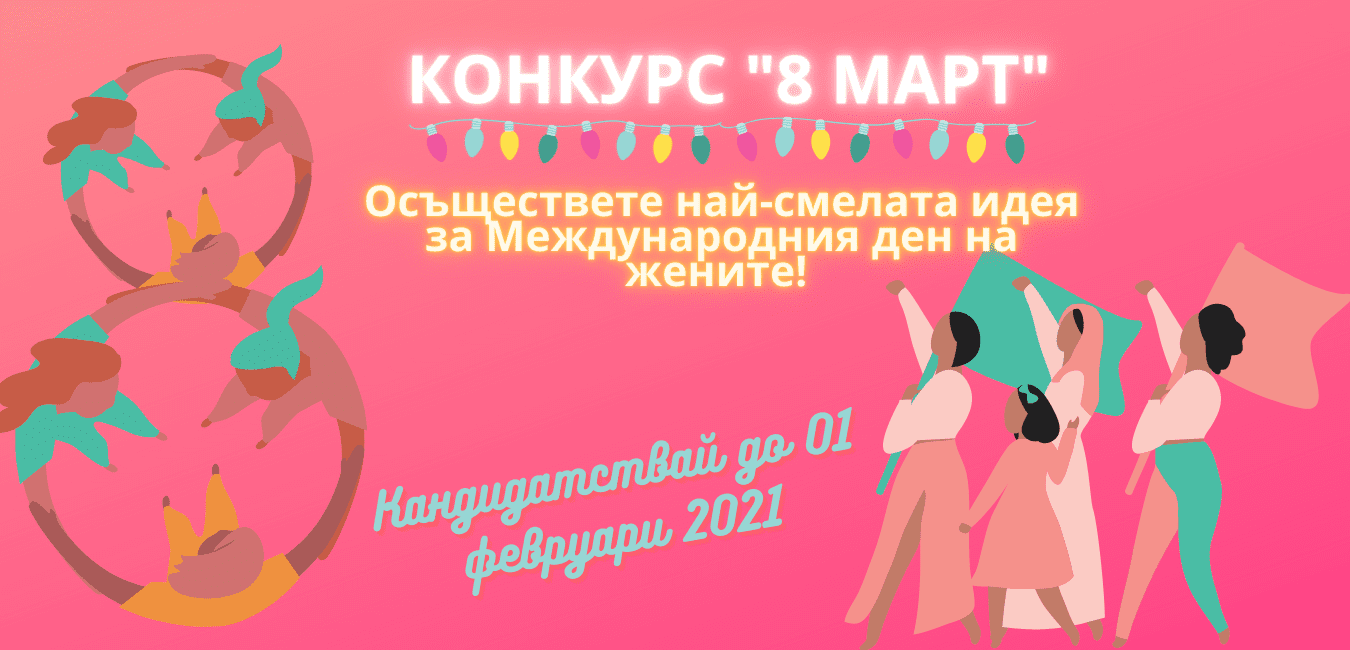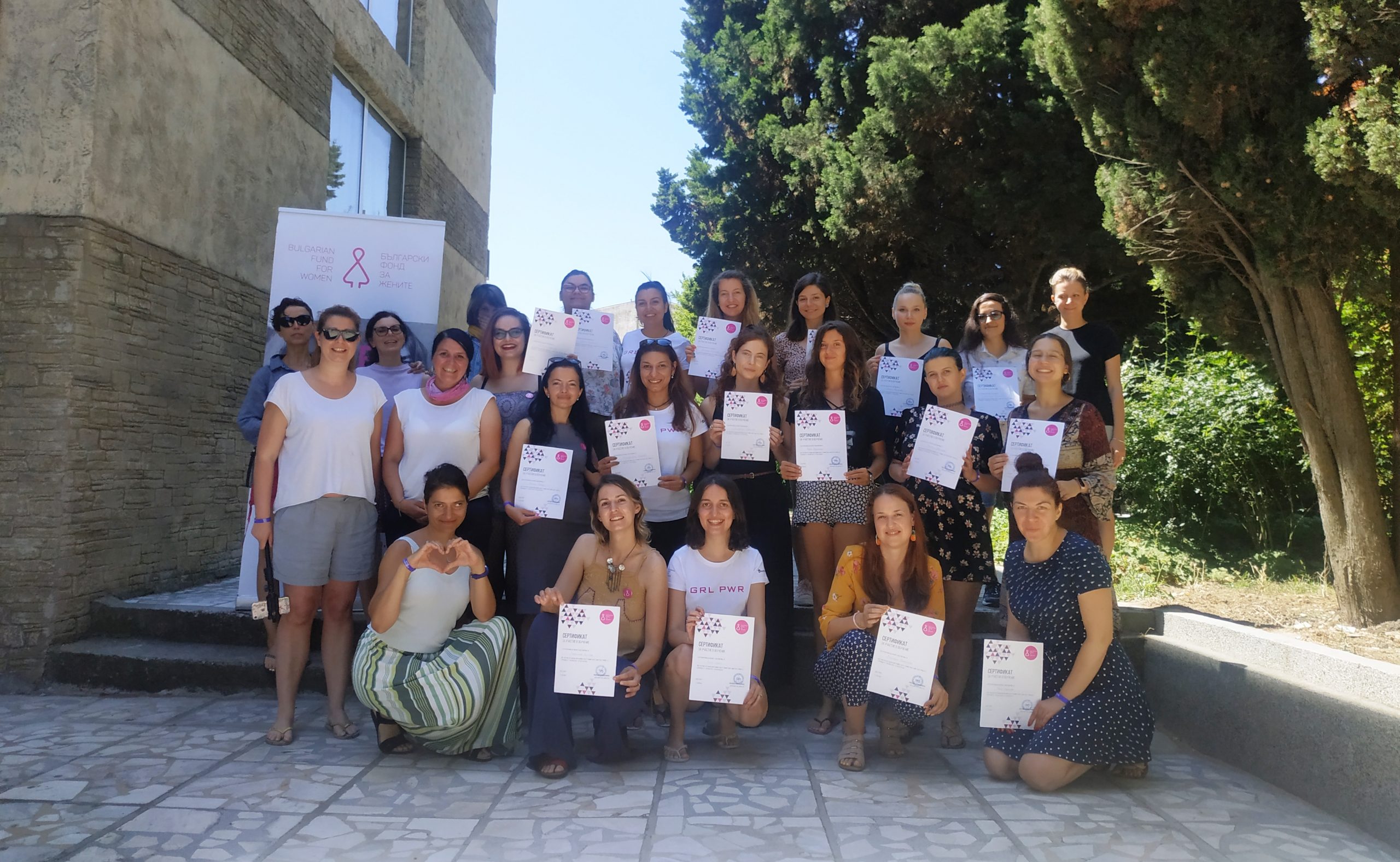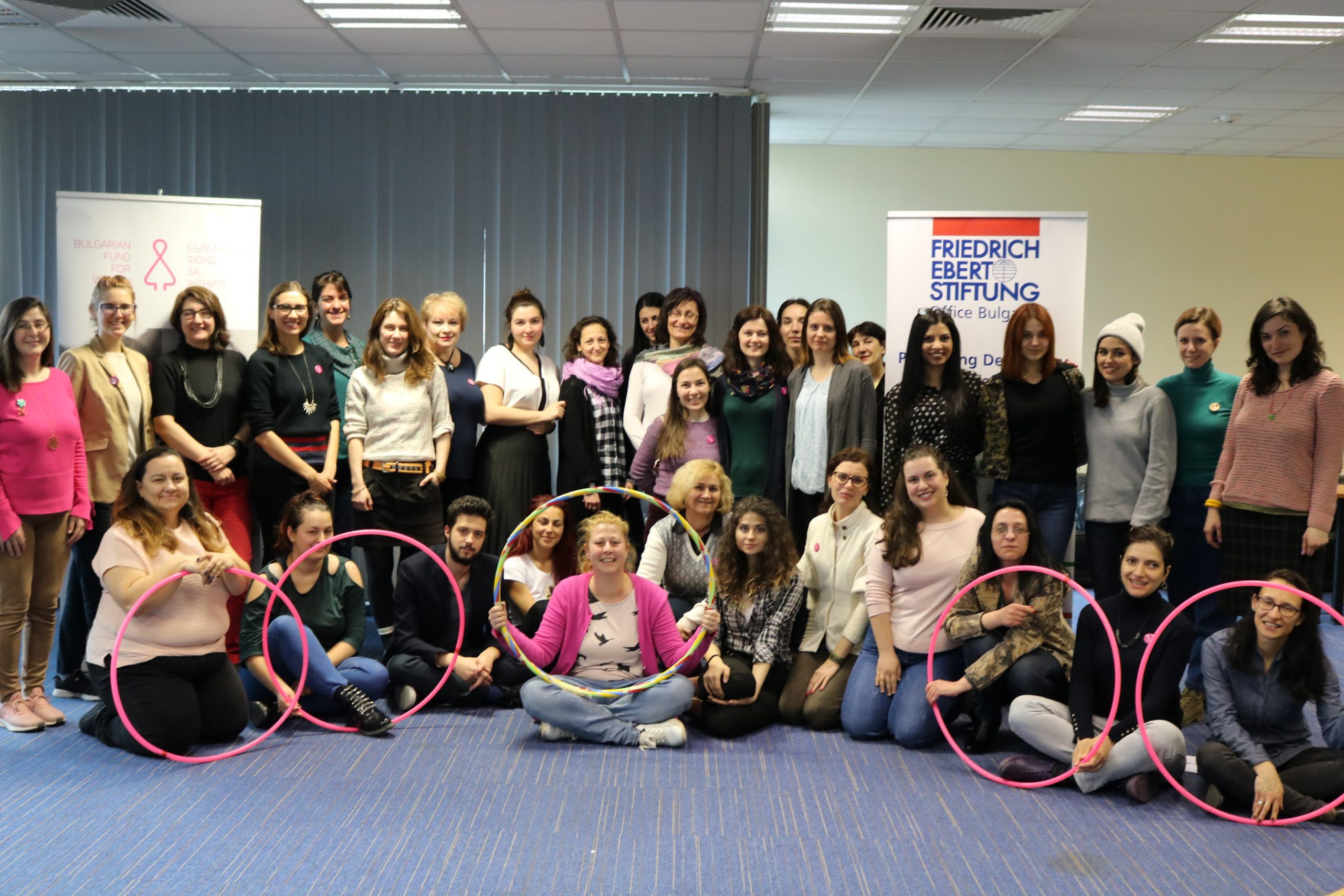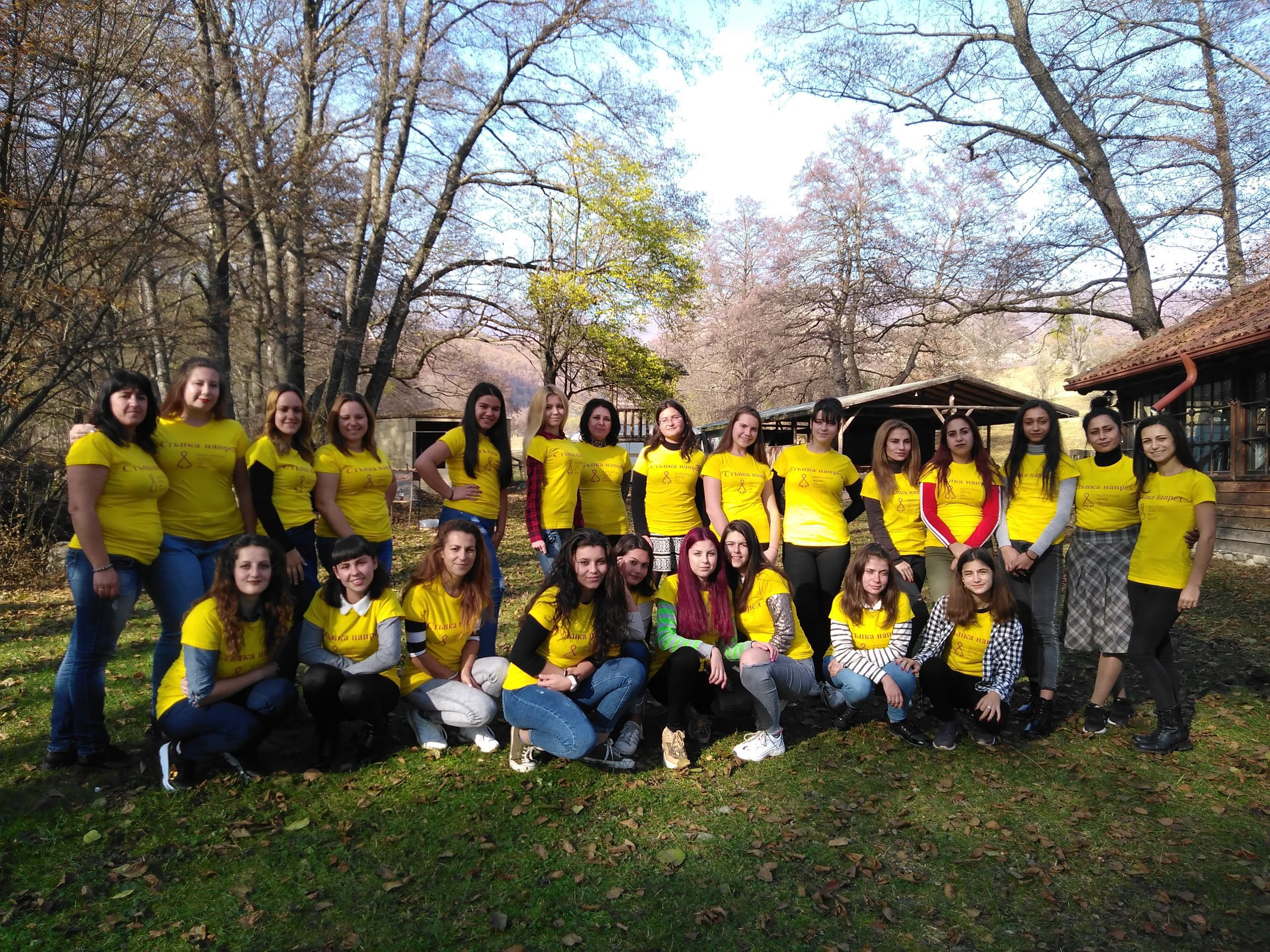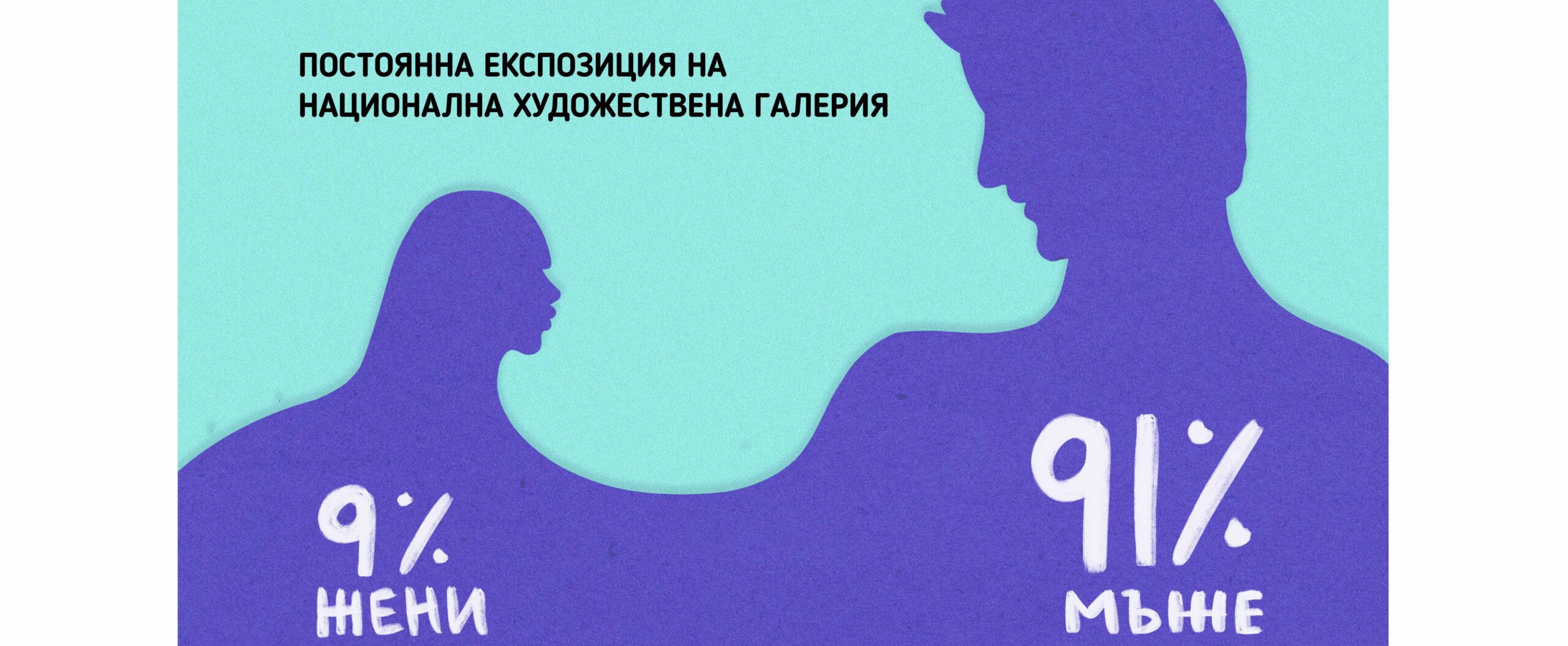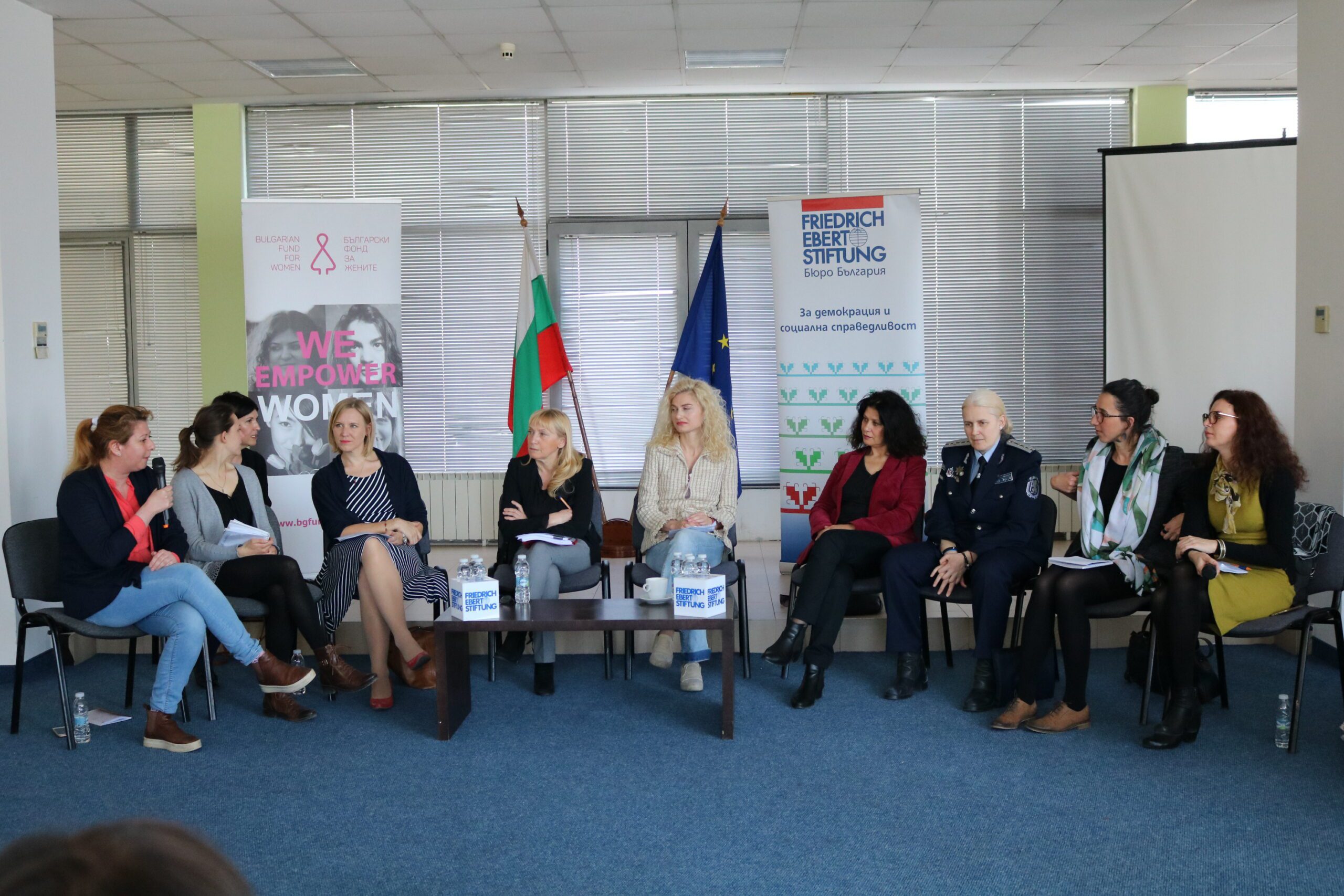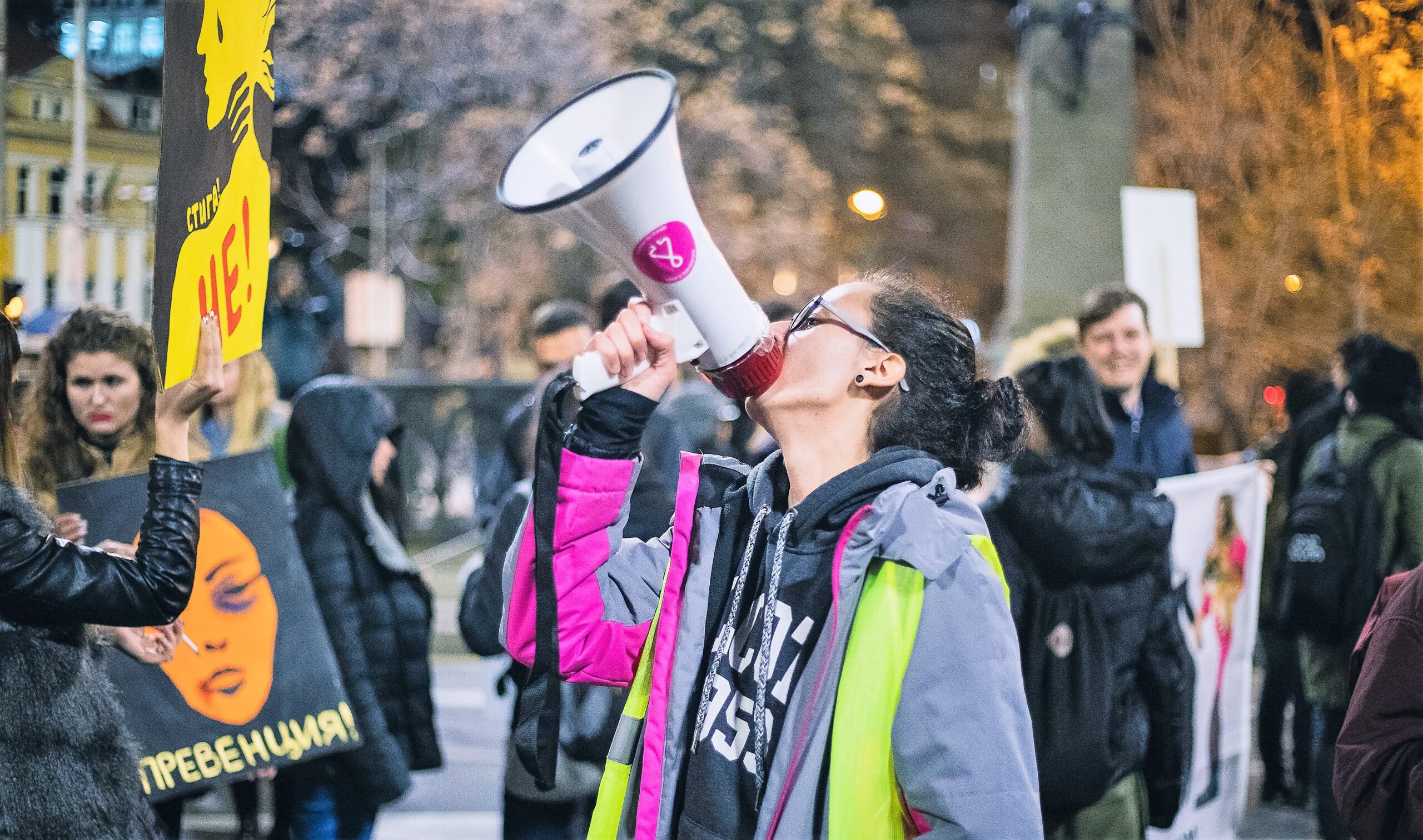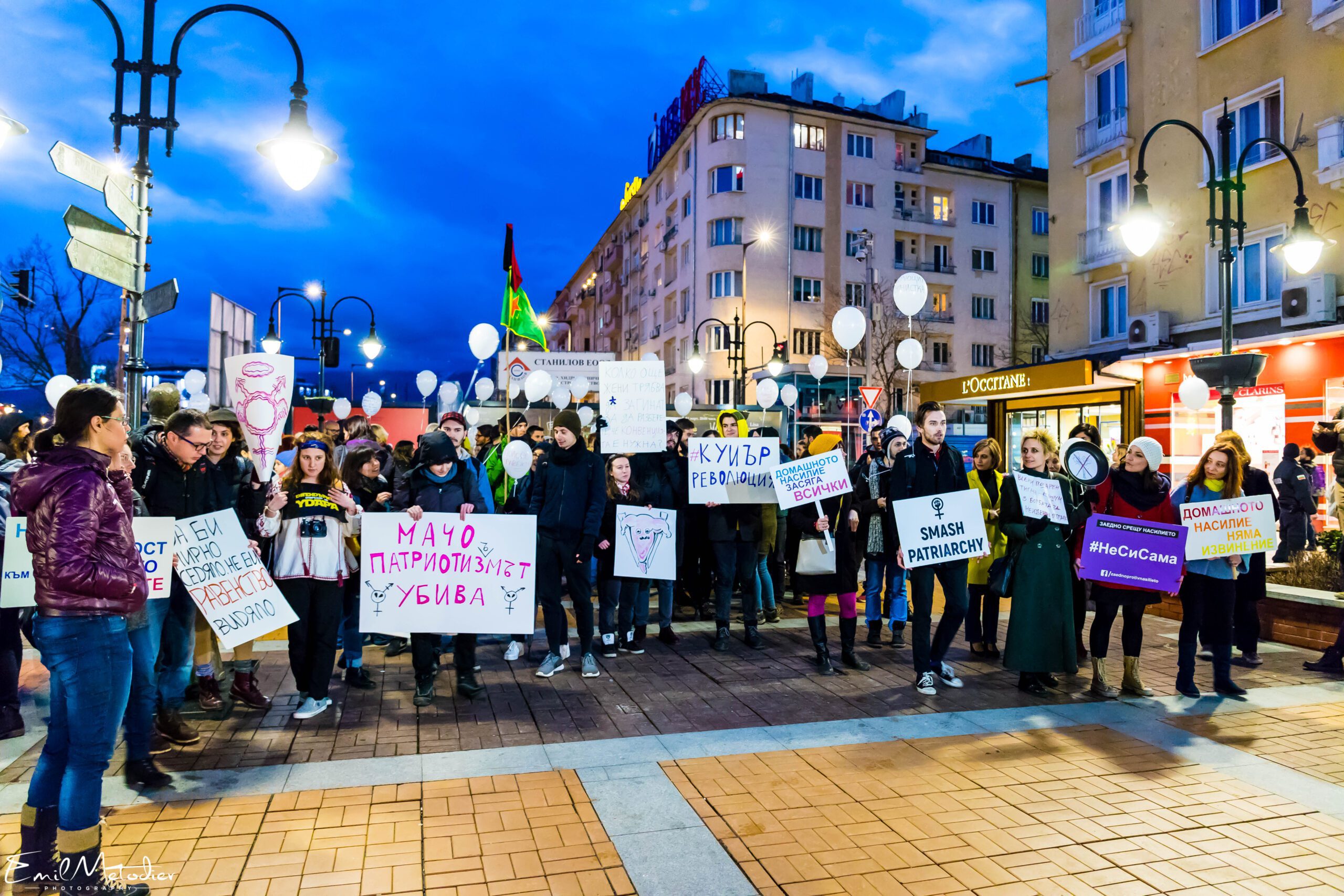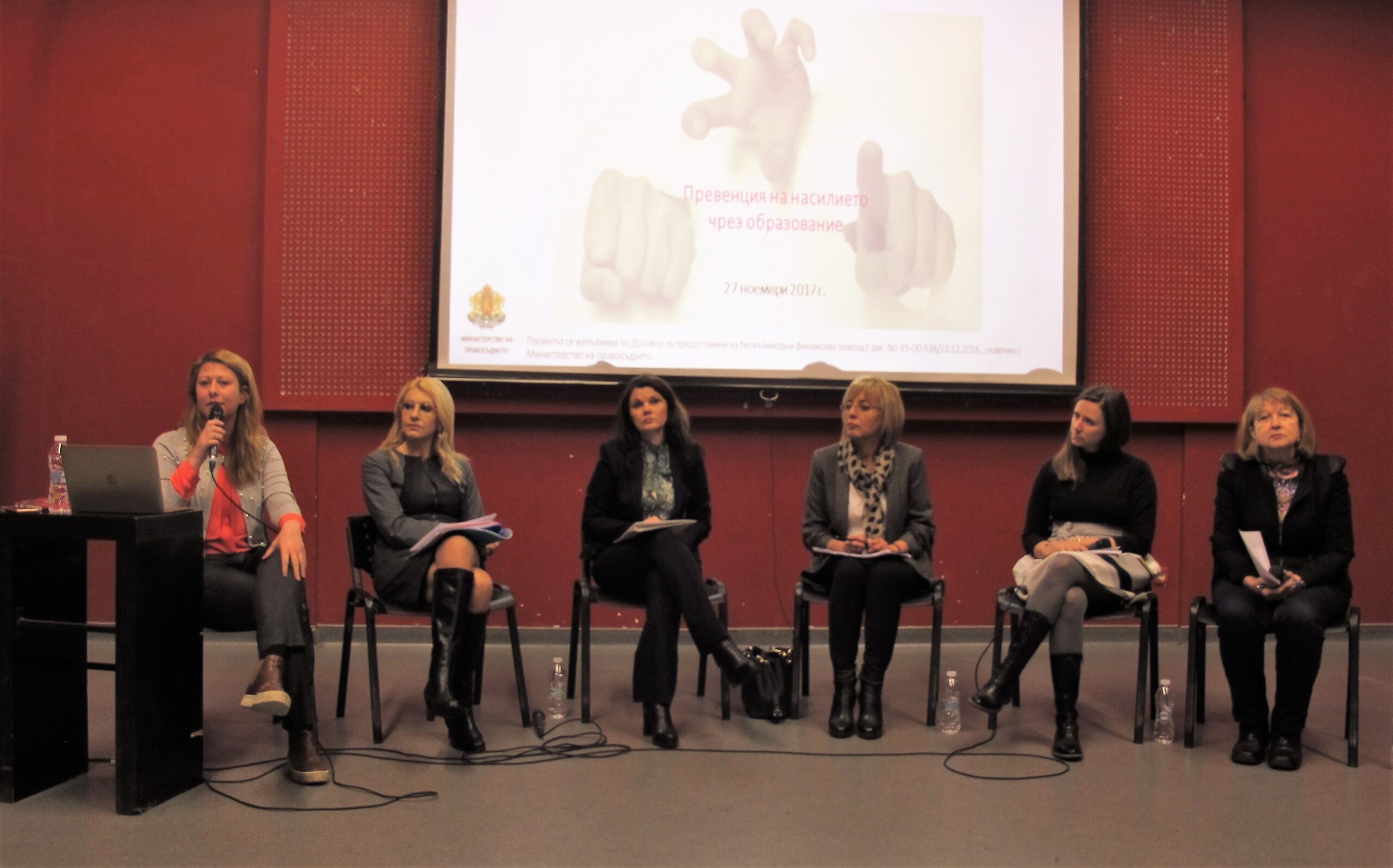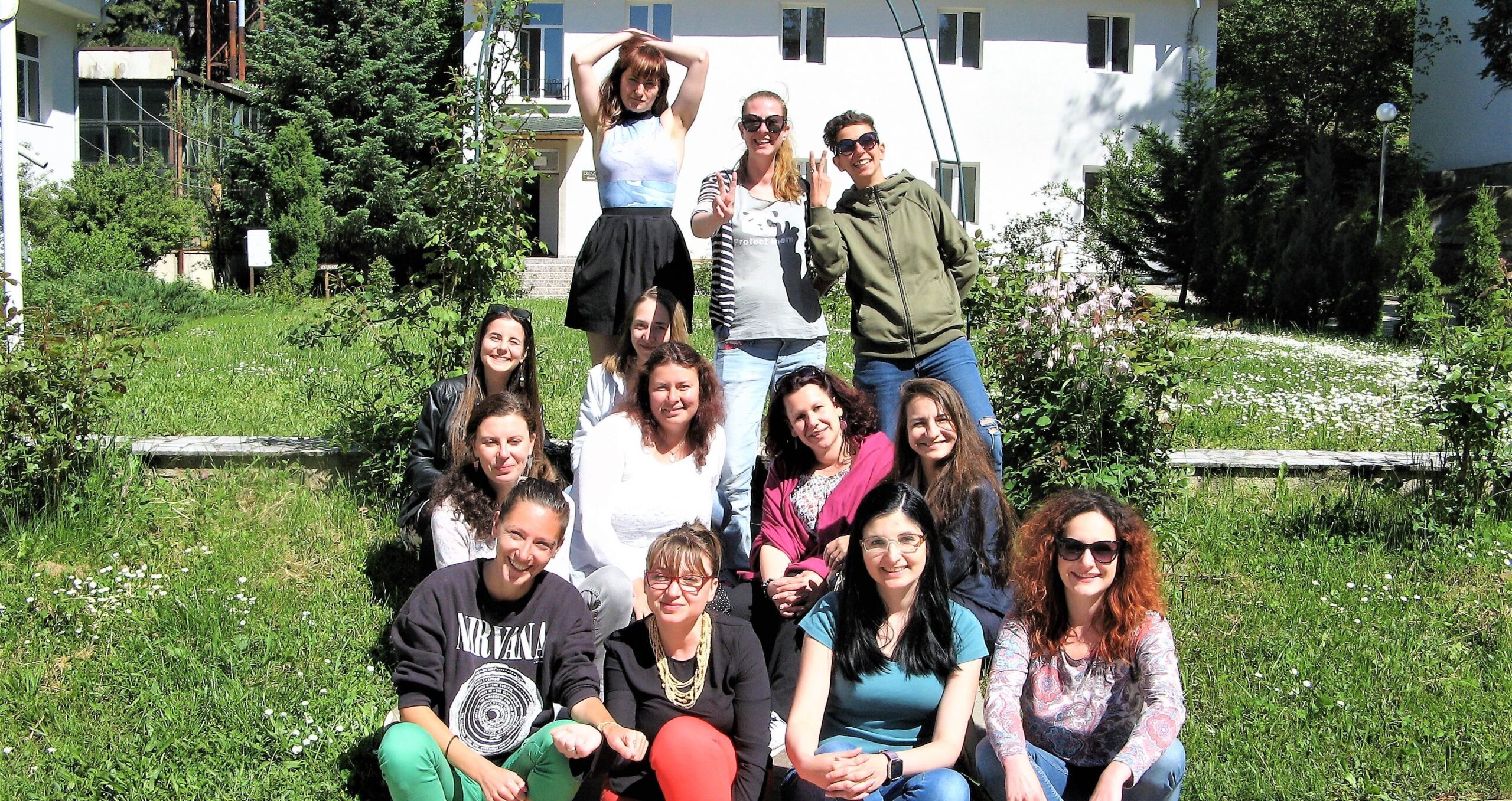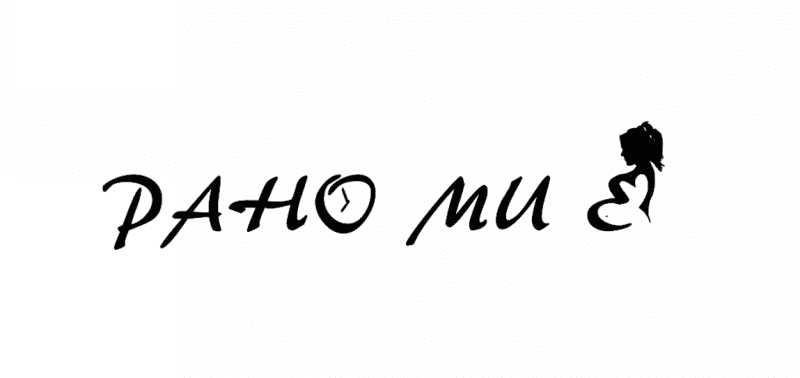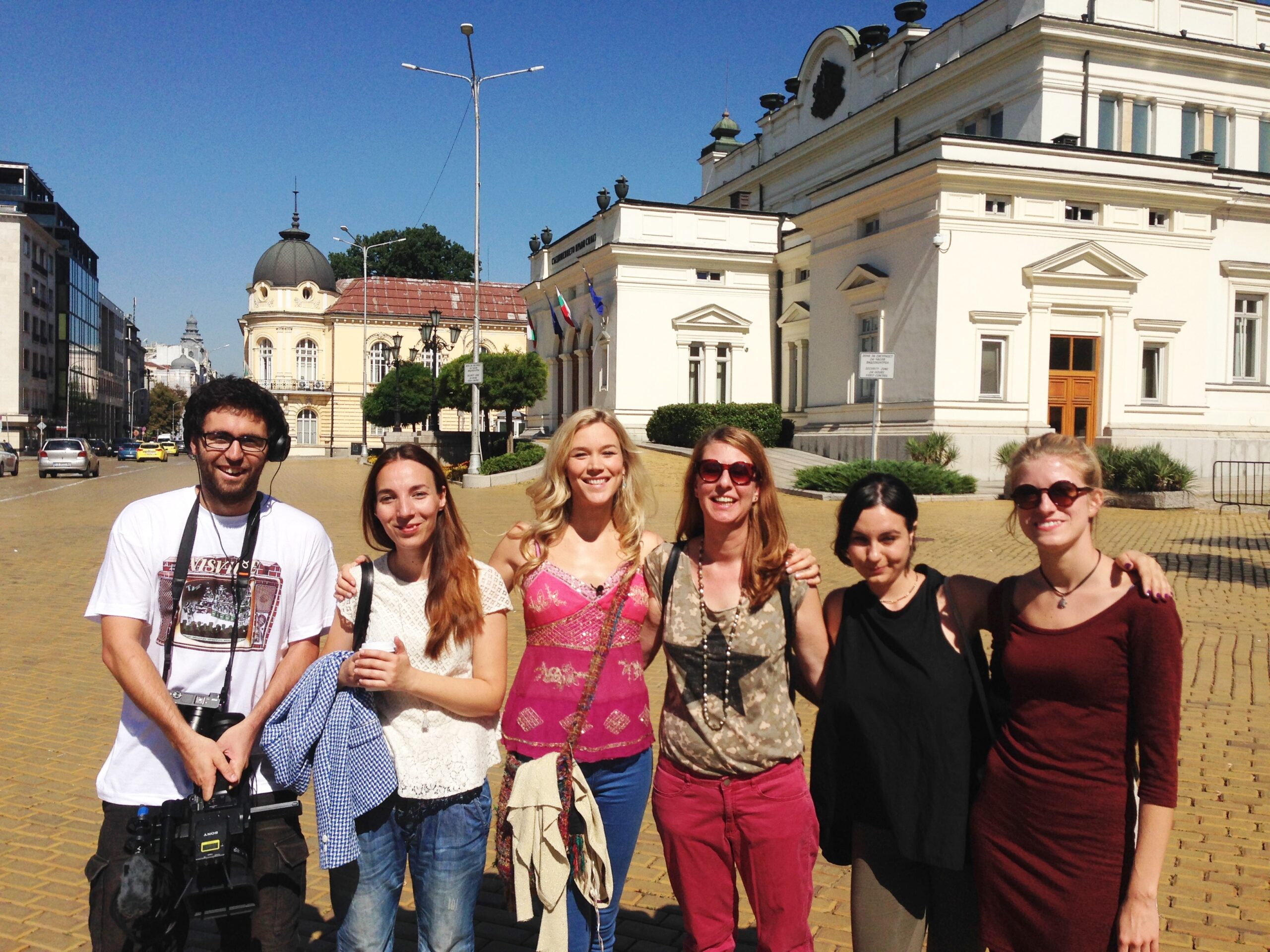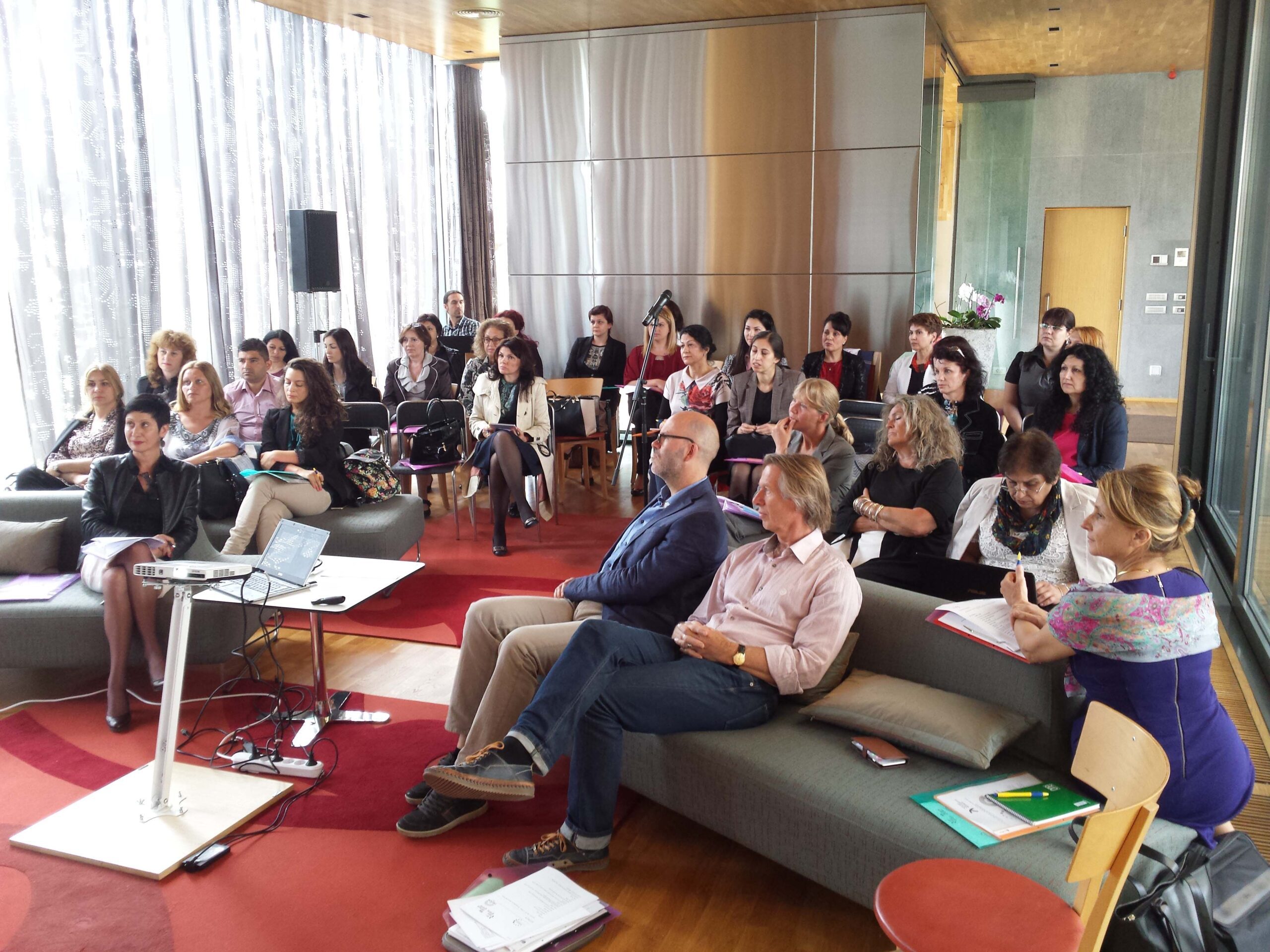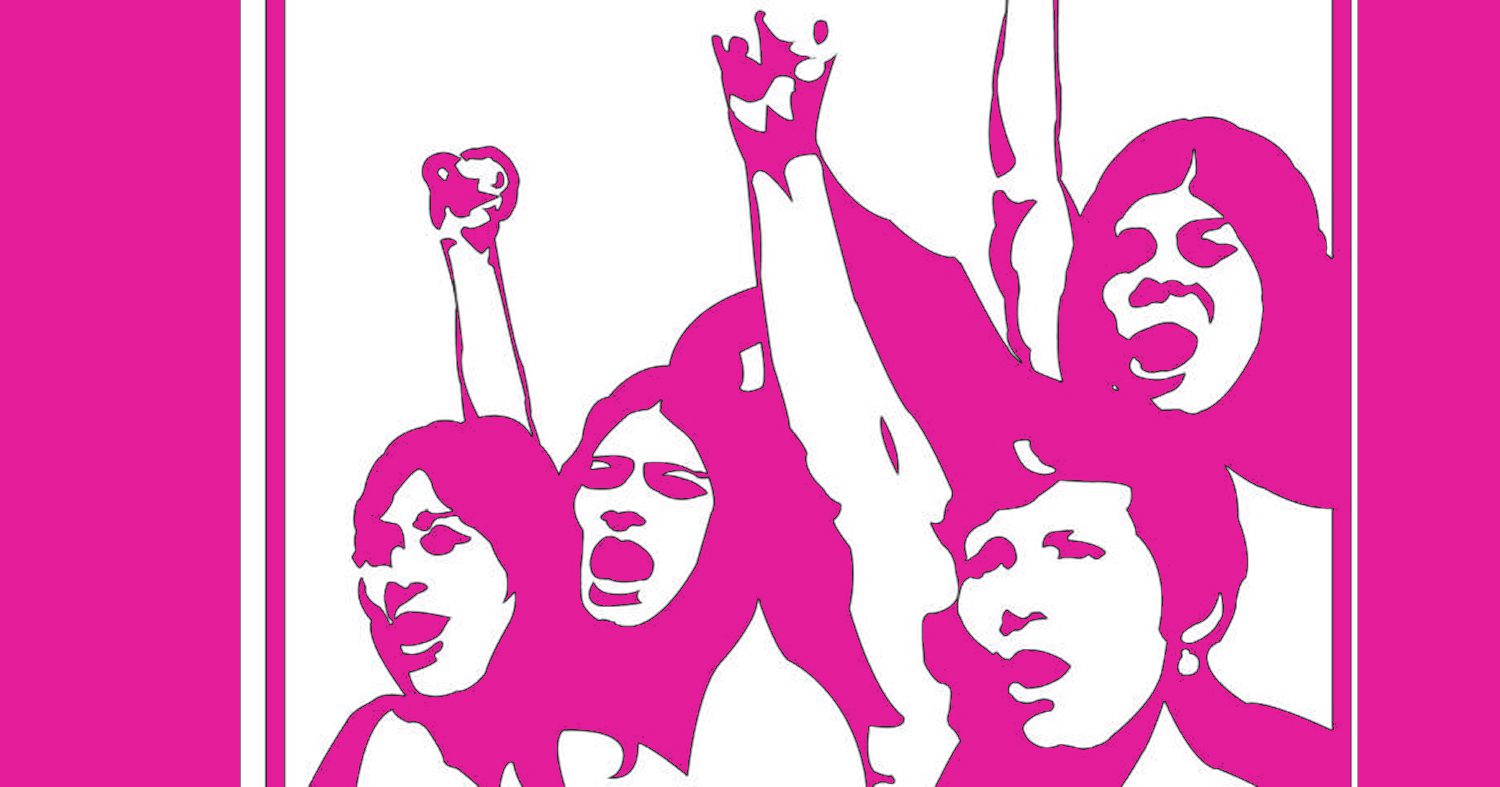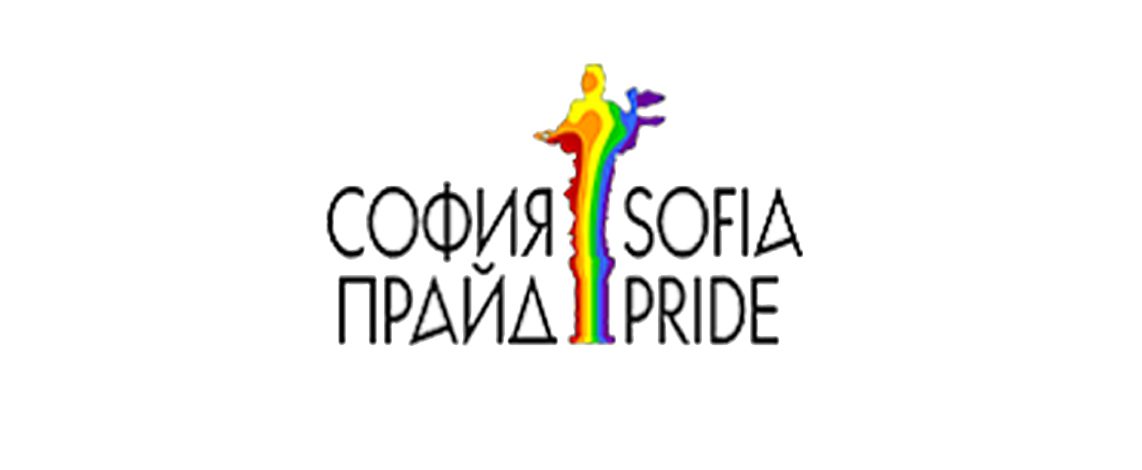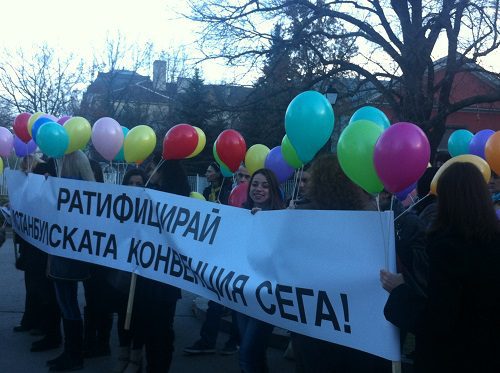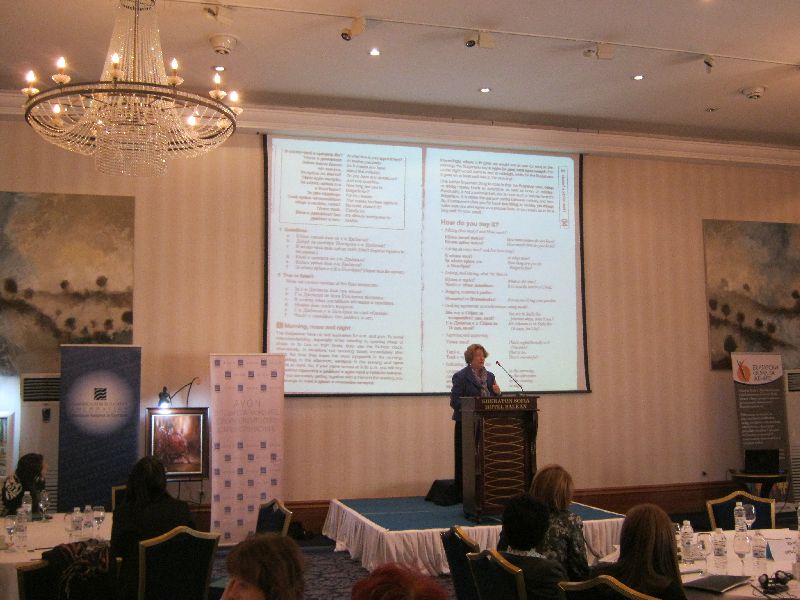Bulgarian Fund for Women condemns these threats and insists that PM Simeonov publicly apologizes for his words.
On Friday, 9th of February 2018, the Bulgarian Vice PM Valeri Simeonov published an official declaration “Let’s wax the skis of Ska Keller”, stating she should be expelled from the country and deported in a truck to the Turkish boarder town Kapikule. The reason for this Declaration was Keller’s, the president of the Greens group in the EP, participation in a protest against the plan of the Bulgarian government to allow unrestricted building in the National park of Pirin, a Unesco world heritage site.
The declaration, published by the National Front for Salvation of Bulgaria party – member of the United Patriots, government’s official coalition partner, condemns Keller’s interference in the Bulgarian domestic affairs, describes her as having “inadequate looks” during the protest and calls her a “green djihadist”. What is more disturbing, however, are the implications of physical and sexual violence one can find in the declaration. Despite the obvious play on words of “waxing Ska’s skis”, in Bulgarian, the expression can be read as a threat of physical violence. What is more, it is not a coincidence Valeri Simeonov offers Keller to be expelled to Kapikule. The town is a (racist) metaphor, an image left from the Bulgarian history, for the “Turkish man” as a rapist and a perpetrator. Sending Keller, in a truck (as a prisoner or a dead body), to Kapikule, literaly means sending her to a place she will be surely raped.
Simeonov’s actions against Keller happen in the middle of another scandal in Bulgaria where he also plays a leading role – the ratification of the Council of Europe Convention on preventing and combating violence against women and domestic violence (Istanbul Convention). The Convention has become a highly contentious topic in the Bulgarian political and social environment due to manipulative and politically motivated speculations.
After signing the Convention on 21st of April 2016, the Government decided to submit the document for ratification to the Parliament on 3 January 2018. The decision was taken by a small majority since the coalition partner of the United Patriots, nationalists of a neototalitarian nature, voted against the ratification. In addition to the four ministers it has in the 21-member government, further four ministers from the ruling party Citizens for European Development of Bulgaria (GERB) also voted against the Convention. This sparked a massive and heated public debate in the country, which has continued over the past month and has now taken a very worrying turn.
The opponents of the Convention, among which is Valeri Simeonov and all of the United Patriots, are organizing a serious anti-campaign aiming to discredit the Convention and prevent its ratification. The campaign, while claiming to support in principle the need to combat violence against women, has propagated a stream of lies and false propositions, through which the public debate around the Convention has become toxic and is polarizing the society. The focus was successfully shifted from the prevention and overcoming violence against women to the issue of “gender” and whether this supposedly new term for the Bulgarian context (as distinct from the term “sex” and translated as “social sex” in Bulgarian due to the lack of a term “gender”) would bring about a breakdown of so called ‘traditional family values’.
Opponents have claimed that the Convention will lead to the recognition of a “third sex”, same-sex marriages, and rights for transsexuals and freedom for everybody to choose their own sex. Some frankly absurd claims have been made and disseminated widely by the media, such as that the Convention would allow men who freely define their sex to go into women’s bathrooms, or enable male athletes to compete in women’s races. The issue of gender-sensitive education for children has also proved particularly contentious. Pointing out the real meaning of the terms “gender” and the fact that such matters are not in any way or form objects of the Convention, has been dismissed. Nor have the arguments related to the need for children to learn about gender stereotyping and the prevention of gender-based violence from an early age been heard or considered.
There are two significant concerns. The first one is that the debate shifted from the gender-based violence and its effective combat, to populist debate related to anti – LGBTI rights and against same sex marriage. The last initiatives in this direction are the proposal to hold a referendum against same sex marriages by the other Vice Prime Minister Karakachanov (United Patriots) and to ban civil registration of trans gender persons by the Minister of Regional Development – Nankov. Moreover, this debate started to push for more anti-European stigmatization and feelings leading to hate speech, threats and attacks to some NGOs and colleagues.
The second issue are the powerful voices discrediting the civic participation, free speech and the role of the NGOs that started to appear in the debate. The civic organizations are blamed as foreign agents, stigmatized because they protect the rights of different groups and this is an official position of some state institutions (The President of the Republic) and key political parties, part of the EU Parliament.
As an organization workig to advance women’s rights and achieve gender equality, Bulgarian Fund for Women is very concerned that all of this is happening during the first ever Bulgarian Presidency of the Council of the European Union – in blind denial of core European values such as democracy, pluralism of opinions, equality and diversity.
Threatening a woman, a member of the EP, while at the same time opposing a document focused on overcoming violence against women, is unacceptable for us as Bulgarian and European citizens fighting for human rights. On behalf of the Bulgarian Fund for Women, we want to urge the European institutions to officially ask Vice MP Simeonov to publicly clarify his declaration and apologize to MP Ska Keller. We also call all European institutions and organizations to express their support for the ratification of the Council of Europe Convention on preventing and combating violence against women and domestic violence in Bulgaria.

